|
Vidas: Hi guys, this is Vidas!
Ausra: And Ausra! V: Let’s start episode 520 of Secrets of Organ Playing Podcast. A few weeks ago was quite a difficult trip to Vabalninkas for me to demonstrate pipe organ to bunch of 8th graders and 9th graders. And from that trip the most difficult thing was to get them to play this 19th century organ. They were very shy. Too shy, I should say… So, Ausra, this is my question. Right? How to get young kids to be more excited during such events and willing to try things that maybe are difficult for them, or overcome their fear of other teenagers, their friends. A: You know, the question that I have raised in my head while reading your question was, “why are they so shy?” And I think that the answer might be smartphones. V: You mean they are not accustomed to be active socially with normal people? A: Yes, that’s what I’m thinking. I remember last night we were driving your car and were stuck in a traffic jam, and I noticed there was a bus station nearby, and I could observe those people for a few minutes. There were like maybe 12 people standing and waiting for a bus. All the young ones were holding their smartphones and surfing through them, not paying any attention to the outside world. V: But this is Vilnius! This is the capitol! This is the center of Europe, maybe! A: Well, do you think that kids, let’s say in a province, are much different than kids in Vilnius? I don’t think so! They also have this dependence on modern technologies. V: It might make sense, so, maybe eliminate phones from their lives? Maybe that would be the solution? A: Well, yes, but I think unfortunately it’s impossible to do. It was just a dream. But what I’m thinking, is that probably for the youth, all these demonstrations should, if we want to attract them, they should be probably more technologically based. V: Oh, I see! A: Yeah, and interactive. That’s probably what modern kids would understand better. V: Interactive. You mean that kids should be a part of that lecture/performance/storytelling event right from the beginning, not at the end, right? A: Yes, plus I think you should involve the modern technologies more into your demonstrations. V: What kind of technologies, Ausra? A: Well, at least PowerPoint. V: Ah, visual material. A: Yes! V: But it’s strange… they are already seeing what I am talking about in front of them. It’s not like I’m talking to the blind audience... A: Well, I think because it’s not on the screen, it’s not affecting them. V: But how do you explain the fact that in my other demonstrations, kids were more active, more engaged? A: Well, what about age difference? Were they the same age? V: I’ve done most of my demonstrations for kids—for very little kids—or for adults. For Kindergarten or primary school, elementary school kids. But for teenagers, I’ve done a few, not so much. But I’ve done recently from Vilnius International School. One teacher brought me English speaking kids. So they were very active and willing to play four-hands and even 6-hands at one time. A: Well, let’s face it; it’s a big difference between Lithuanian province teenagers and kids from the International School. Basically, kids in the International School have a very different background. They have much bigger interests in life, and much bigger expectations in life, because I think the kids in our province are basically abused kids in many ways. V: Right. A: And I think that for many of them, the closest friend, the biggest friend is their mobile phone. V: Very interesting. A: That’s my guess. And when you are, for example, giving a performance and demonstration for kindergarten kids, they are still curious about things. They are still not so much affected by all the negative things and technological things, because usually parents strive to avoid their kids using too much technology at very early age. V: So, for example, you, Ausra, if you had an opportunity to go to Vabalninkas before me a few weeks ago, and you knew this would happen ahead of time, very shy kids, perhaps, not so engaged… even then, the question is, “Is there any way that you could engage them with the means that you have at hand?” You will not be able to bring a PowerPoint there, right, probably? A: Sure. But you know, I still don’t know why they didn’t want to try that organ so badly. Maybe their teacher just scared them before the event and told them just to be very quiet and polite. V: Could be! Yeah, the teacher might be one of the reasons, too. We don’t know. A: Were they noisy during your demonstration or were they very quiet? V: No, quiet! Quiet. There were one or two instances when they maybe wanted to engage with themselves a little bit, but not that this would be a disturbance of the demonstration. A: Another thing is that probably that in the teenager years, your social life is organized in some sort of gangs. Yes, it’s like in wolves! V: A wolf pack. A: A wolf pack, yes. They have one leader and everybody follows the rules, and everybody plays their role in this sort of gathering. So maybe that’s the same with those kids. V: I needed to identify the alpha male? A: Yes, maybe the leader just said, “This is all bullshit, don’t do it!” And nobody could do it because maybe they didn’t want that others would laugh at them all alone. That’s my best guess, but maybe I am wrong. I don’t know. V: But why did two people from one group and one person from another group play the organ, then? A: Well, there are all these people who do not fit into those groups. They are basically outsiders—losers, probably others would call them. V: Hmm… Strange. Okay, that makes sense of course. In one group, one boy was encouraged to play by the music teacher, and then she said, “You are very gifted, show off yourself.” And then, he played. But in the first group, two friends played four hands, and not badly at all. They explored the sounds and made some rhythmical arrangements of a popular song they knew. It was interesting. A: So, this case also shows that they sort of lack better musical education! Because those two kids who played the duet, and another kid whose teacher encouraged him to play had some musical training. Extra musical training, compared to the other ones. And maybe they just felt too shy to play anything, because they knew that they couldn’t do it. V: Yeah, lots of things to think about. A: And well, you know, if you are not well educated musically, then you don’t have interest in that thing because you cannot enjoy it. Because, let’s face it. To enjoy music, you still have to have some sort of musical pitch, and at least some kind of musical training. Because the things that you cannot understand and comprehend, they usually don’t attract yourself. V: Or, it has to be very interesting and engaging technologically for that kind of age group. A: Yes. Yes, I think so. Some sort of thing like… I don’t know… the keyboard that plays itself… nowadays, there are things like this. V: I have some hope about the paper organ when it arrives next year in February, and maybe if this project gets funded and Wolfram Kampffmeyer produces this instrument, it’s like a modular kit organ you can assemble your several pipes with a balloon and the balloon blows air, it’s really fun from the video that he produced. So maybe this kind of small, basically game instrument, would be fun to show them in addition to the real thing. A: Yes, that might help. V: To get them more engaged. You know? A: True. V: They would play with their hand on the paper organ, and maybe on the real thing afterwards. A: Yes. V: And break my paper organ! A: That might happen, because a paper organ is so fragile. V: Right. Excellent, guys. Alright, we’ll see in the future how it goes next time. Thanks for your questions… well, that was my question. A: Thank you for this question. V: Excellent. And please send us more of your questions; we love helping you grow. Do you like helping me grow, Ausra? A: Yes. Very much. V: And remember; when you practice, A: Miracles happen.
Comments
A couple of days ago Ausra and I played organ demonstration in the little town called Leliunai. The listeners were 10 kindergarten kids and 18 elementary school children and a few of their teachers. This event was organized by National Association of Organists in Lithuania.
While Ausra played music of Bach, Krebs, Mendelssohn, Franck and Lefebure-Wely, I made up a fairly tale about how Pinky and Spiky built pipe organ for the kids. We had color paper and color pencils with us so the kids could draw this story themselves... It was a lot of fun... We hope they will remember this for a long time... Here are some pictures from today. Would you like to have a similar event for children in your area? Let us know your thoughts... Welcome to Secrets of Organ Playing Podcast #131!
Today's guest Belgian organist Daniel Vanden Broecke. He received his basic music theory, piano and organ training with Erwin Van Bogaert at the municipal Music Academy in Berchem. At the age of 18, he continued his studies further at the Lemmens Institute in Leuven with Jozef Sluys, Reitze Smits and Joris Verdin. In June 1990 he obtained the diploma of "Organ Laureaat". Daniel won first prizes in solfège (1985), harmony (1988), counterpoint (1990) and organ (1990) in Fugue (1993). From 1990 until 2013 he was the organist at the Church of our Lady-birth in Hoboken. There he also accompanied the St. Caecilia choir and the soloists who performed various services. He was connected as teacher to the Academies in Berchem, Hoboken and Merksem (city of Antwerp) and at the “Antwerpse Volkshogeschool” as a course supervisor. From 2000 to 2004 Daniel was the coordinator to the “Vlaams Instituut voor Orgelkunst” that merged with the organ in early 2005 Flanders. After 4 years responsible for the communication with the members and promotion of cd’s members he is now Coordinator and he realizes pipe organ projects. Het Orgel in Vlaanderen ("The Organ in Flanders") is a non-profit association founded in 1990 in order to maintain and to improve the organ culture and the organ heritage in Flanders. This organ heritage should be re-valuated and brought to the attention of people who are not so involved like organists and musicians. The heritage contains a.o. organs who need to be restored or are already restored. A broader view contains the whole organ culture in Flanders, the instruments, the organists, as well professionals as amateurs, the organ students, and also the historical musical manuscripts and documents. Between 1990 and 2000 the most important issue was the realisation of "the Day of the Organ", organ concerts with free entrance (at first in Bruges, later on in different cities of Flanders), the making and distributing of photographs of Flemish historical organs, and the publication of a magazine for the members. In 2000 the Board of directors was joined by some deputies of the cultural world in Flanders, mostly people who were involved in the care of the monuments. The office moved from Bruges to Antwerp. The "Day of the Organ" became part of the yearly "Day of the Monuments", and was renamed "Organ on Open Monument Day". The website www.orgelinvlaanderen.be was started and contains also the monthly organ mail newspaper. The magazine for members changed from bimonthly to three-monthly and was named "Information magazine of Flemish Organ culture". The association grew and other activities were organised, such as the "Flemish Organ Days", when every two years a city was chosen where "The Organ in Flanders" organizes a weekend with a competition for non-professional organists, and with different concerts and workshops. There is also a Summer Academy. Since 2004 the association has an own cd-label "Vision-Air", with recordings that are called "Flemish Organ Treasures", in co-operation with radio Klara, the classical Flemish radio. Another part of the work of the association is advising and helping local projects that bring the organ heritage to a larger public, and co-operates in the exploitation of the organs in the Congres Center Elzenveld, by contacting organists and drawing up programs. In the context of the re-use of churches, finally, the Organ in Flanders support to church councils and others replacements of instruments and exploitation of organs. In 2015 a project to raise awareness children and young people for the organ was started: Orgelkids. A next step was the development of a digital app for children and young people. Pedagogical seminars for organ teachers are annually realized the in cooperation with OVSG. “The Organ in Flanders” is a partner of Herita and also works closely with the CRKC (Leuven) and Open Churches. In all of this the Flemish Government, department Heritage, is partner of "Het Orgel in Vlaanderen". In this conversation Daniel shares his insights about his work with Het Orgel in Vlaanderen and how these initiatives are reaching children of all ages. Listen to the conversation And don't forget to help spread the word about the SOP Podcast by sharing it with your organist friends. If you like it, feel free to subscribe to our channel on Musicoin. By the way, you can upload your own recordings to YOUR channel to maximize revenue. If you have some audio recordings of your organ performances, you can do the same. Feel free to use my invitation link to join Musicoin: https://musicoin.org/accept/MUSICa45e5f26ede2be5dd4411747 Thanks for caring. Relevant links: www.orgelinvlaanderen.be You can follow Het Orgel in Vlaanderen on Facebook and Twitter and reach Daniel on LinkedIn. Welcome to Secrets of Organ Playing Podcast #83!
Today's guests are Lydia Vroegindeweij from the Netherlands, the Dutch organist and founder of OrgelKids and Erin Scheessele from the United States who helps bringing OrgelKids to America with OrgelKids USA. Orgelkids is an educational pipe organ curriculum and kit dreamed up by Dutch organist Lydia Vroegindeweij. Lydia enlisted the help of organ builder Wim Janssen to build the first and only two Orgelkids kits in existence. With Orgelkids, young children are empowered to assemble a working two rank, 2-octave pipe organ in under an hour. Orgelkids can be deployed to schools, music festivals, Maker Faires, museums, bringing the King of Instruments to children. See below for how Orgelkids complements AGO’s outreach programs. Erin's son Peter is 7 years old and he loves pipe organs. He’s an active member of the Eugene Chapter of the American Guild of Organists (AGO). Peter likes to play pipe organs, but he sure would like to be able to build pipe organs, too. A Google search for “pipe organ kit” led Peter to Orgelkids. Peter wrote to Lydia Vroegindeweij, founder of Orgelkids in the Netherlands, asking if she’d be willing to share her schematics for building a kit and for them to bring Orgelkids to the USA. Lydia’s prompt reply was an enthusiastic “Ja!” and she expressed joy that her idea of how to bring the pipe organ to children could grow and reach a wider audience. Peter is an enthusiastic ambassador for the organ, and operated a lemonade stand in 2014 benefiting the restoration of a local pipe organ. As he is still too young for most of AGO’s outreach programming, Peter is eager to bring Orgelkids to his peers. In this conversation we talk about this beautiful idea to bring the pipe organ closer to children. Enjoy and share your comments below. And don't forget to help spread the word about the SOP Podcast by sharing it with your organist friends. Thanks for caring. Listen to the conversation By Vidas Pinkevicius (get free updates of new posts here) As you may have read my recent post, there are at least 18 things you can do to introduce children to pipe organ. Ken, Andreas and Irineo had interesting and valuable ideas for children and pipe organ. I'm re-posting their comments (in italics) to make this additional resource full of ideas (thank you all for your generosity of sharing ideas). Hi Vidas: Love your article. But you're way to progressive for churches, and least here in US. When I was young, we weren't allowed anywhere near the organ console, let alone the organ chambers. Adults in charge think it is their own private BMW or something similar, only adults can play it, and children will just wreck it if they get near it. Most smaller churches here in US only have electronic organs anyway, and organists who are untrained, are poorly paid because there is no money. And most think it is a big piano. It wasn't until I was in college in Rochester, NY at Rochester Institute of Technology, that I heard a real pipe organ, and eventually was allowed to play one. I was piano accompanist for my large high school choir, and had been playing since 3rd grade. Didn't matter much, at home. Sorry if this reply is a bit disorganized or confused, but I think you get the idea. The actually story is just too long. Keep up the good work. All the best, Ken Barta I think it's very important for adults be generous and let the children see the organ, touch it, play (with adult supervision, of course). Otherwise the idea of pipe organ will not be accessible to them and they will miss out on the joy it provides. Here's what Andreas wrote and warned against putting lead pipes into mouth: 1 Let them visit an organ builder facility, if not too far away. It must have been 83 or 84, perhaps 85, when our music teacher in high school organized a voluntary visit to the Schuke organ facility in Berlin (Zehlendorf). Not mandatory, but some small extra credit. You probably know the name Schuke. 2 Ask an organ builder for scrap. I bought my pedalboard and bench from an organ builder in Western Ohio that was managing an organ of a church that went bankrupt. The bench has some hollow space in it, and I was paying for shipping by volume and not by weight, I asked him if he could put some scrap pipes in it. And he did, at no extra charge, they'd have to throw them away anyway. I now have a lead pipe, a wood pipe, and a metal reed pipe. That can be fun for kids, but perhaps put some plastic or tape over the mouthpiece, as lead is poisonous. That's why I would be careful with your comment to blow a pipe, because most beginners playing the flute / recorder SUCK at the mouthpiece, some even lick it. You are supposed to "fold" your lips a bit and always keep the outer part dry and touch the mouthpiece ONLY with the dry outer lips. Never inside, never tongue -- although you use the tip of the tongue for some staccato. Don't do that with an organ pipe, the inner lips or tongue should NEVER touch the lead. Many Roman emperors died from lead poisoning, as they drank too much wine with their metal cups, not knowing yet that lead is poisonous. We are now able to ascribe many emperor deaths to lead poisoning. 3 let them watch some tubes. There is one that shows how organ pipes are made: they have a mold, and they pour liquid lead over it, let it cool, then bend it and cut it ... and you can re-use the cut-offs, as you can put them back in the melting pot ... a lot of really cool stuff on YT. Then perhaps also include that some wood pipes may have a metal mouthpiece, or "overlay". Maybe that's not lead, I can't tell which metal it is. But the woodpipe I have has a small metal piece at the mouthpiece, so that could be touched by lips or tongues of a child. The best would be to make some small adapter from plastic, or perhaps a straw? Let me experiment with that. I'm sure you could find some straw or plastic flex tubing to put over the mouthpiece, so you can blow through it without touching it with lips/mouth/tongue. bamboo? coffee filter? Let me look for something, I have five junk boxes. As you can see, my wood pipe has a metal tip. Everyone has some junk in the household. Although I don't know which metal that is, perhaps not lead, you're safe with:
1 some plastic flex tubing. I have a vacuum pump to seal food plastic bags. It has an auxiliary suction outlet, and you can take that -- it even has a pip that fits directly into the pipe's mouth piece. 2 a plastic cover from a Glade scented air container. Cut off the tip with a scissors, and fit the round opening over the mouthpiece. 3 at worst, use a toilet paper roll :) In the end, you can simply take the metal piece out (pull, screw, ...), saw it off, or just break it off. The wood pipe is long enough, and it's scrap anyway. You can show kids stuff like this: https://www.youtube.com/watch?v=LpfPg3_RxLA https://www.youtube.com/watch?v=UV2T3wAvNnU (explains why the sound depends on using lead and tin) https://www.youtube.com/watch?v=VnWqwncGhoo https://www.youtube.com/watch?v=_p7gYnIdT2s https://www.youtube.com/watch?v=1exgR9uuuN4 From that you could go into physics, math, or show comparisons: a flute/recorder is similar, in that people use their fingers to "close" the pipe to create different notes. Or the children's slide whistle, which is basically like gedackt organ pipe. Andreas Lauschke I especially like Irineo's idea to take children into organ chambers while it's being played. I might try this myself in the future but I do have to be careful about dusty environment and falling down from 2nd or 3rd levels of the organ: Watch and listen to a professional organist play an easy/catchy tune at the organ. It shall make it easier for children to memorize the sounds they hear. For instance the Pastorale in F major BWV 590, being as sweet/soft/gentle as it is. Listen to a professional organist improvise a sweet tune using some soft flue stops, like the Holzprinzipal or Unda Maris. Take a few children inside the organ case while a tune is being played. It's both an acoustical as well as visual experience. Just my 2 cents, maestro. Greetings as usual. Very truly yours, Irineo Thank you, my friends for so many great insights you so generously share with our little community of organists around the world. I just hope people will be inspired to try some of them in real world situation. By Vidas Pinkevicius (get free updates of new posts here)
The other day I had an inspiring podcast interview with Lydia Vroegindeweij from OrgelKids and Erin Scheessele from OrgelKids USA (look forward to this transatlantic conversation on February 26). Afterwards I thought about various ways to introduce pipe organ to children. Here are at least 18 possibilities: 1. Let them see the organ 2. Let them see the inside 3. Let them hear the organ 4. Let them play the organ 5. Let them assemble the organ 6. Let them blow the pipes and make music 7. Let them draw the organ 8. Let them treat the bellows 9. Let them tune the organ 10. Let them conduct the music being played on the organ 11. Let them make an organ pipe 12. Let them dance to the organ music 13. Let them count the pipes 14. Let them fix ciphers 15. Let them turn pages 16. Let them draw stops 17. Let them sing to the organ hymn/songs 18. Let them lie on their backs on the floor to hear the rumble of the organ So if you want to take some action and create really unforgettable experiences for children, call the music teacher at your local school and offer to take the class of 8-11 year-old kids (or older) to the organ of your choosing (if you aren't a church organist, you'll have to ask local church organist first). Did I miss something? What else would you do with children at the organ? By Vidas Pinkevicius (get free updates of new posts here)
What if children in schools had a chance to experience pipe organ first hand? What if they could actually assemble it? Well, thanks to Lydia Vroegindeweij and Orgelkids from the Netherlands, they now can. Watch this video Read this article about Orgelkids USA Is this the future of the organ? [Thanks to Paulius] Is it OK to let children touch the organ when you invite them to the organ loft? Watch this video with insights from me and Ausra and share your opinion in the comments. What happens when you have 17 first-graders gather around a pipe organ?
Last Friday in the morning, I had a privilege of witnessing this in my own eyes when a group of elementary school kids with a few teachers came to Vilnius University Saint John's church for an organ demonstration. It was a rainy day in Vilnius, and I met them all downstairs at the entrance to the church. The first thing we did was to say hello to each other and let their wet coats in the pews. While they were getting ready to climb to the organ balcony, I told them the legend of "Damned Brothers" - a scary story from 1600's about an incident in this church where one boy took the ring off the finger of a rich man who was buried in the cellars under the floor. Suddenly the rich man sat up as if alive and shouted, "damned brothers" help me!" To avenge the little thief hundreds and hundreds of bones and sculls rose and tried to chase the boy around the church. The boy ran up the balcony to the organ and locked the doors behind him. Because the dead couldn't climb stairs, they started to climb on top of one another and would have caught the boy if not the rooster whose song announced the breaking dawn. When people came into the church in the morning, they found the boy in shock trembling from terror and hundreds of skulls and bones all over the place and a hideous stench in the room. The funny thing was that when I asked the kids somewhere in the middle of the story if they weren't scared, they all shouted "No"! By the way, afterwards I thought that this colorful legend could well serve as the basis for my organ improvisation recital on June 17, 2016 during "Culture Night" - a special festival in venues across the city (last year I played "A Legend About the Founding of Vilnius" on the same occasion). So anyway, when the kids followed me on to the organ balcony, I told them to behave very carefully so as to not fall off from quite the distance down to the floor. Then I opened some of the panels of the organ case for them to see the action and started my demonstration. I talked about how the organ sounds are produced, about some of the more interesting things about the mechanics, also about the largest organs in the world with 7 manuals. Again, when I asked them if they wanted to see the windows and the columns of the church break from the tremendous roar of the organ, they all shouted from "Yes" from joy! To illustrate my talking, I chose to play "Twinkle, Twinkle, Little Star" which I hoped they would know and appreciate. At the end I played Bach's D minor Toccata but the kids were not familiar with it yet. Children were very curious and constantly tried to find out various details about the organ. I had to keep their attention at the maximum by telling various stories which wasn't easy. Luckily there came a time for them to sit down on the organ bench and to play themselves. Boy, you should have seen their faces - with their feet and hands they touched the stops, keys and pedals and sat 3 at once on the bench. Incidentally, the music they produced reminded me of such avant-garde and landmark piece from the 1960's as Volumina by Gyorgy Ligeti. When we were finished, they reluctantly came down the balcony, we made a group photo, and I asked them to draw pictures of this organ at home or at school which hopefully they did. Who knows, perhaps they will remember the organ for some time and maybe one or two will want to learn to play it in the future? How would you demonstrate the organ for first-graders? Their curiosity about this instrument is certainly very different from what interests adults in the organ, isn't it? Would you agree that storytelling is the key when it comes to organ demonstrations? Share your thoughts in the comments. |
DON'T MISS A THING! FREE UPDATES BY EMAIL.Thank you!You have successfully joined our subscriber list.  Photo by Edgaras Kurauskas Photo by Edgaras Kurauskas
Authors
Drs. Vidas Pinkevicius and Ausra Motuzaite-Pinkeviciene Organists of Vilnius University , creators of Secrets of Organ Playing. Our Hauptwerk Setup:
Categories
All
Archives
July 2024
|
This site participates in the Amazon, Thomann and other affiliate programs, the proceeds of which keep it free for anyone to read.
Copyright © 2011-2024 by Vidas Pinkevicius and Ausra Motuzaite-Pinkeviciene.
Terms of Service and Privacy Policy
Copyright © 2011-2024 by Vidas Pinkevicius and Ausra Motuzaite-Pinkeviciene.
Terms of Service and Privacy Policy

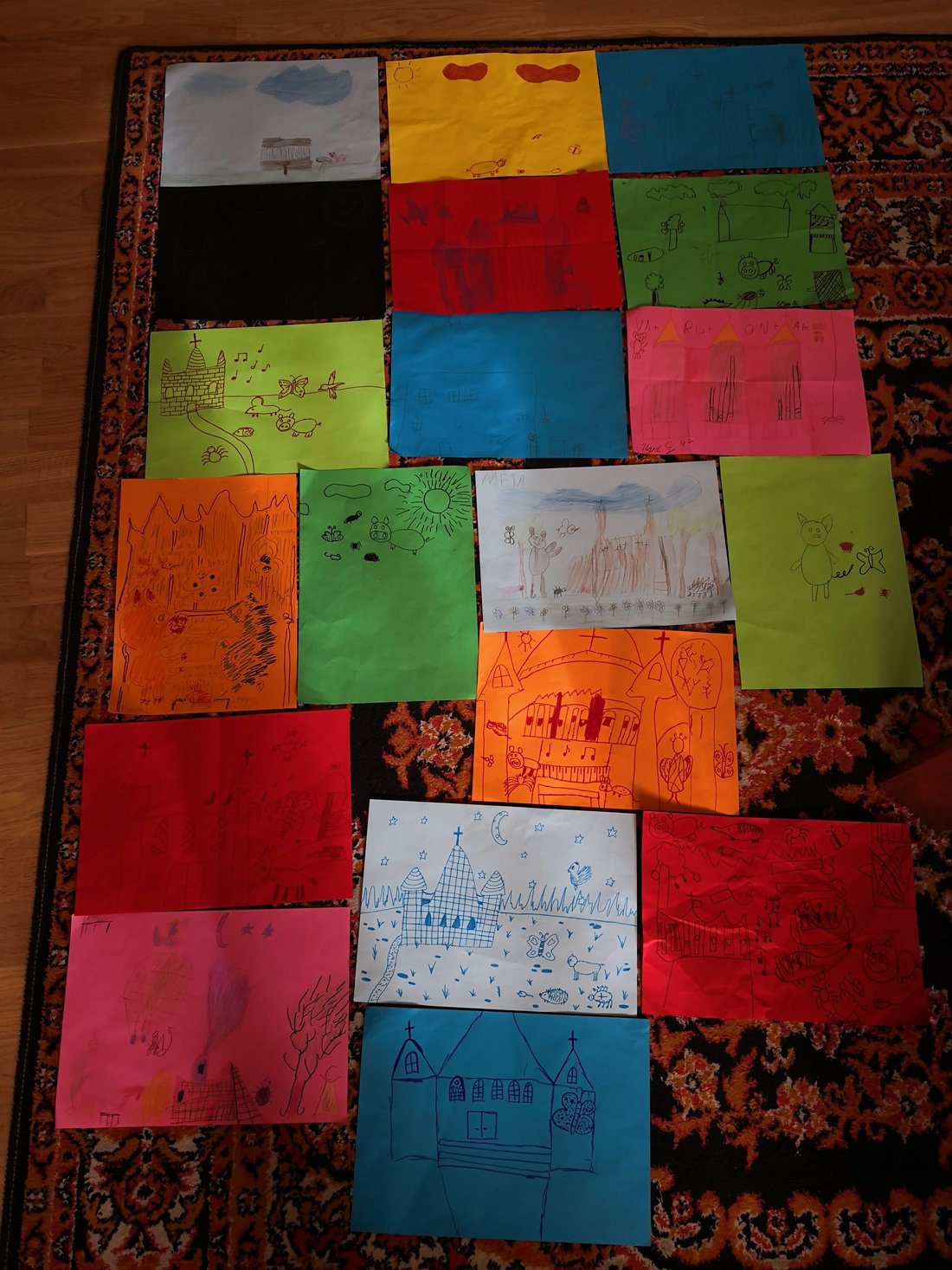

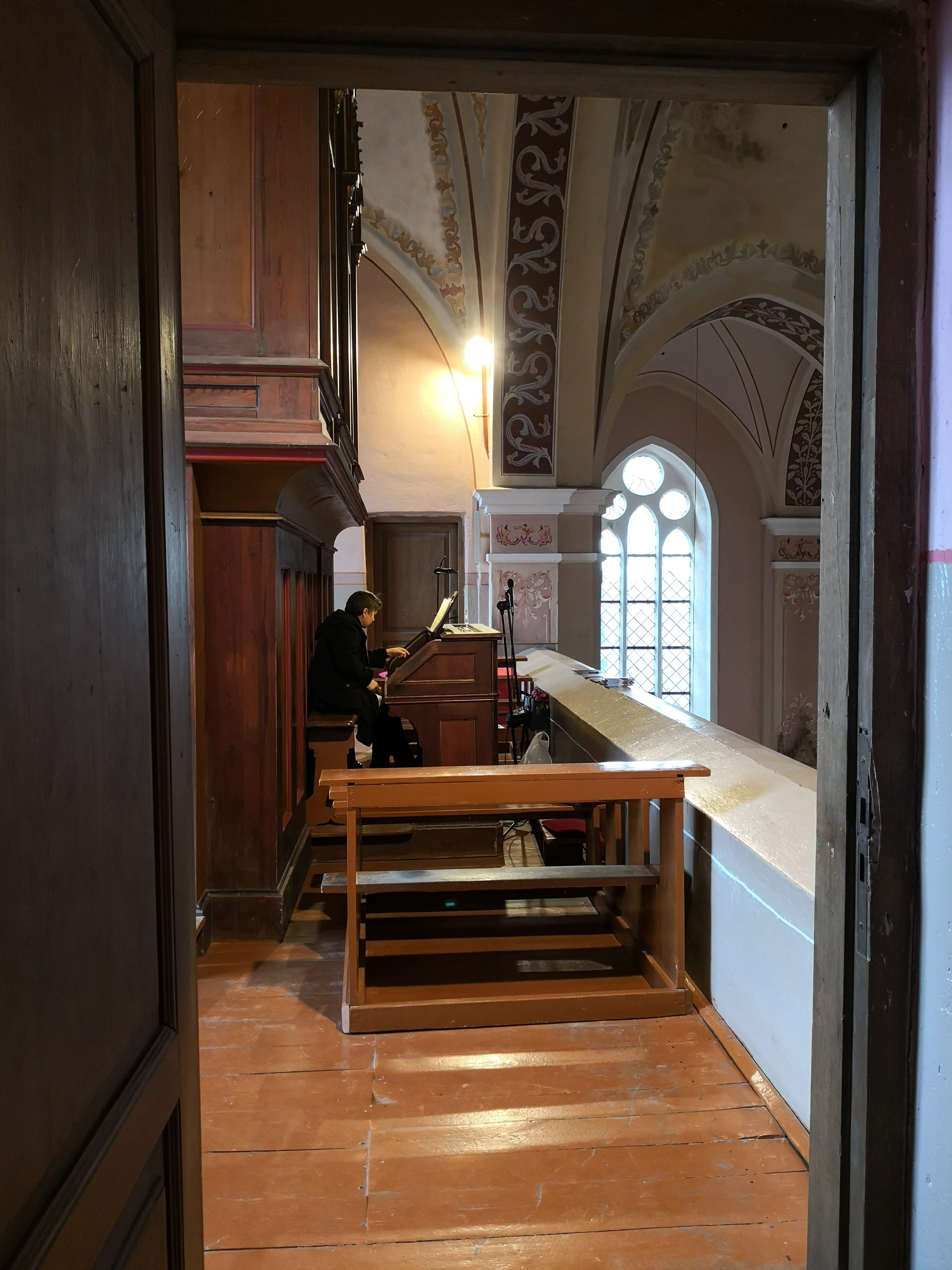
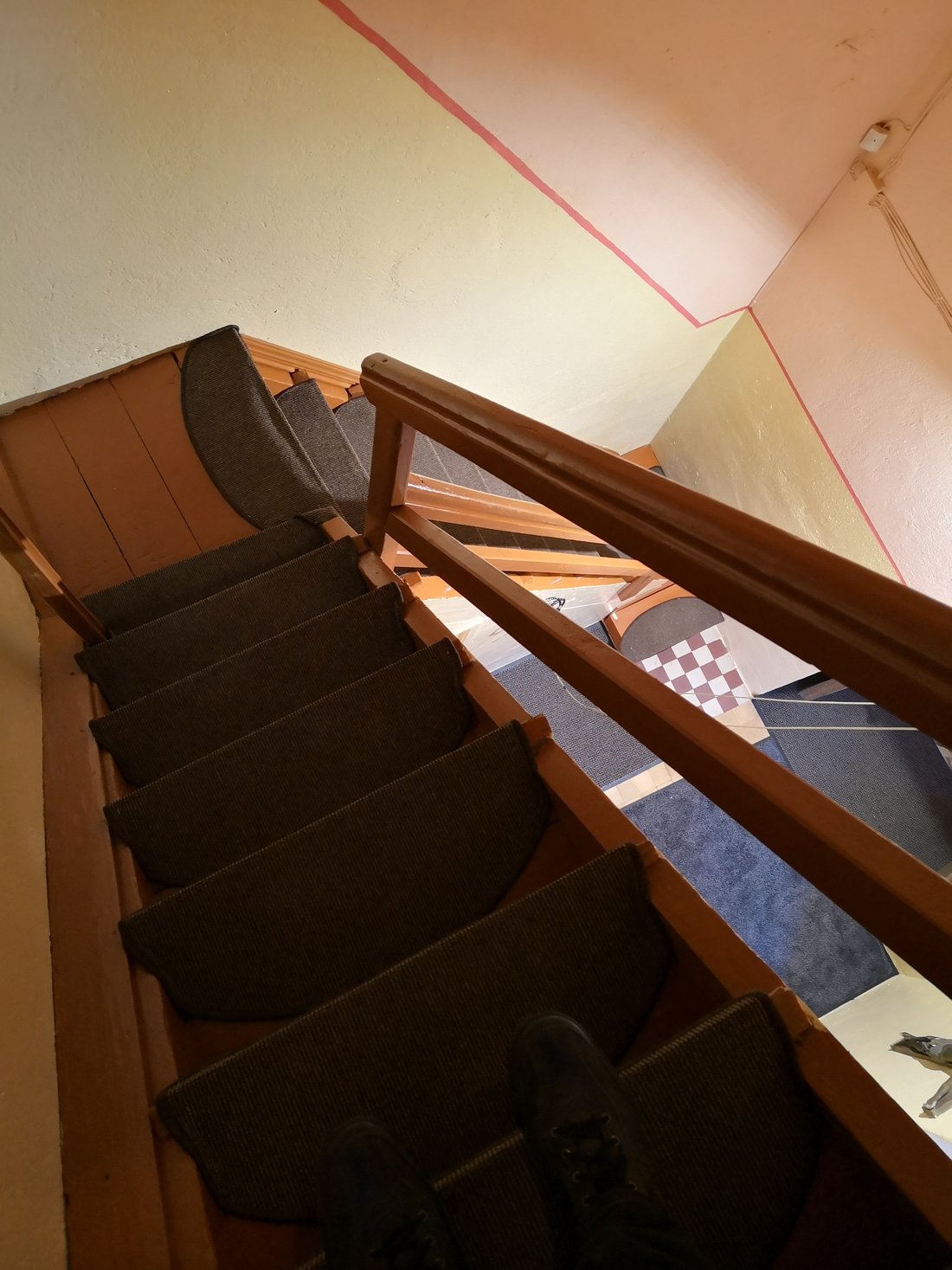
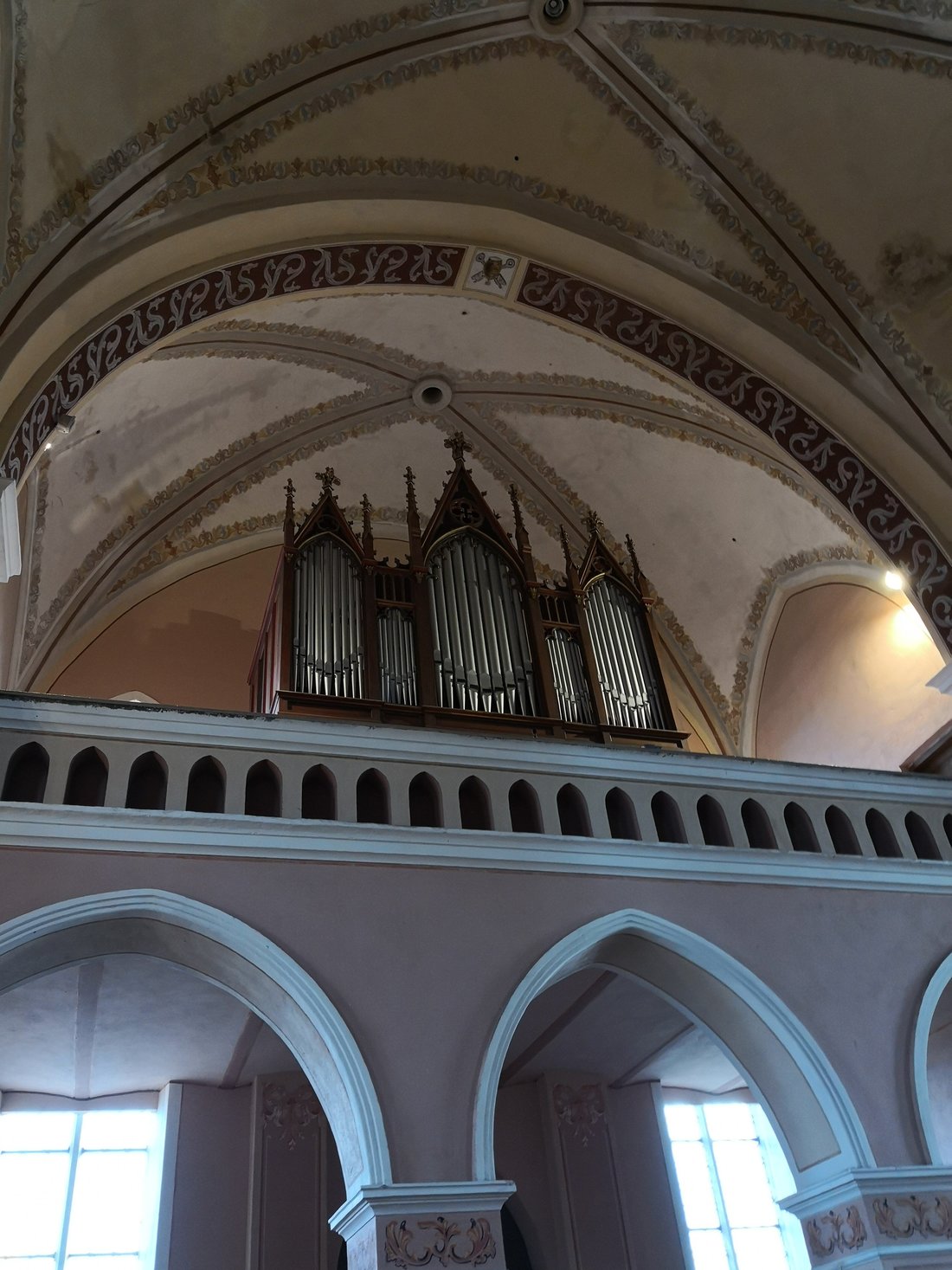

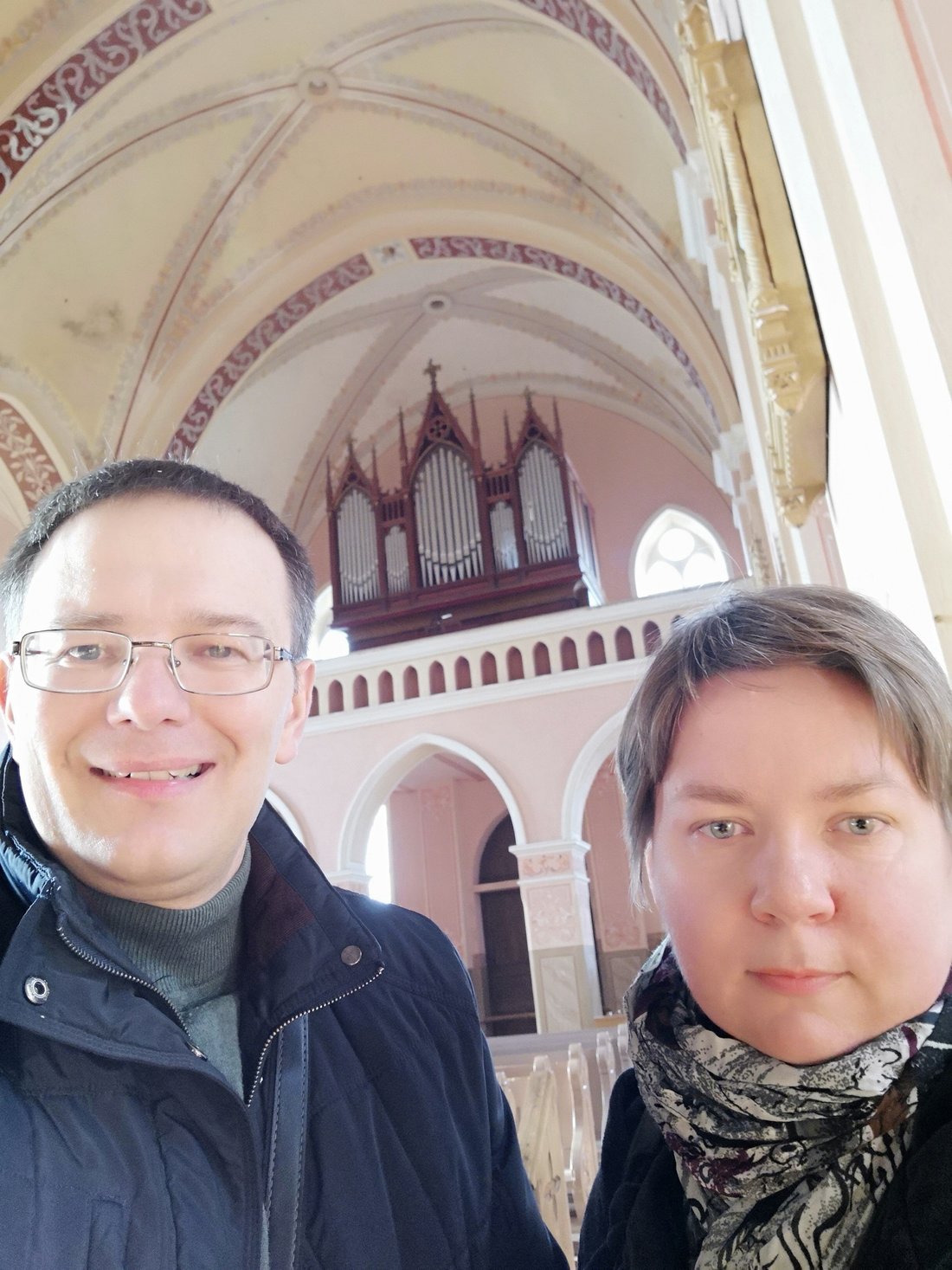
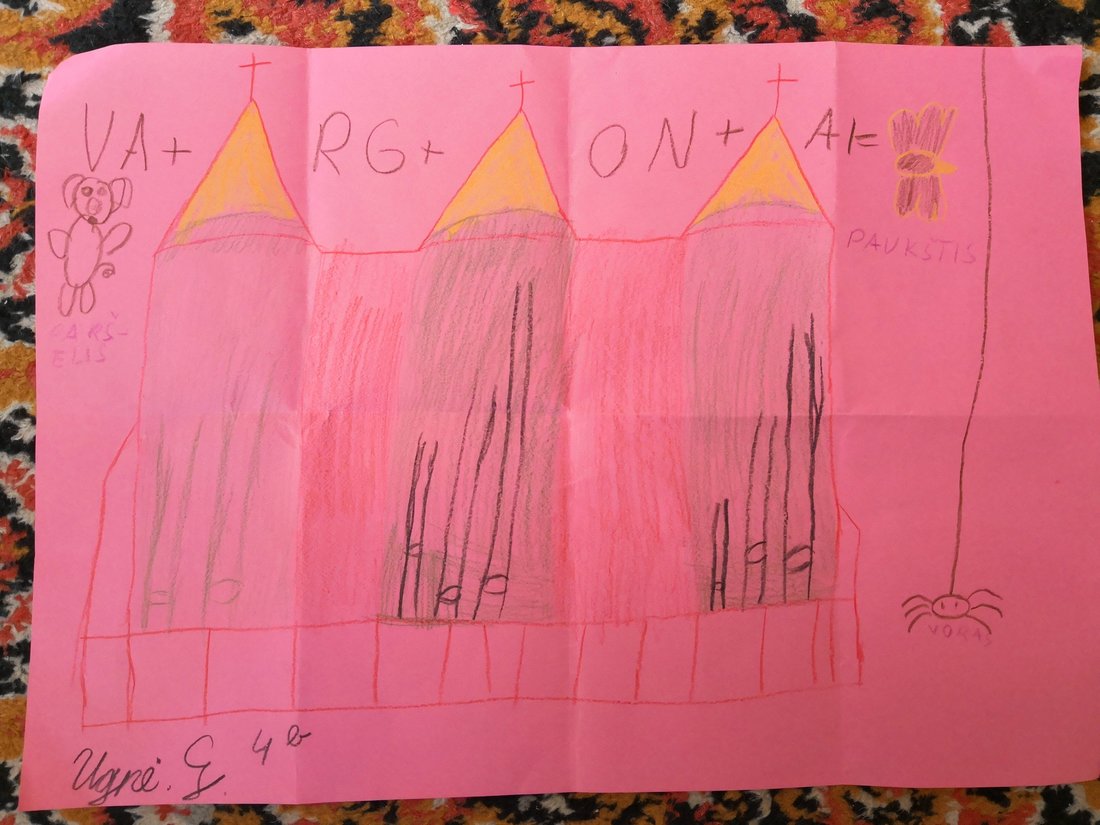
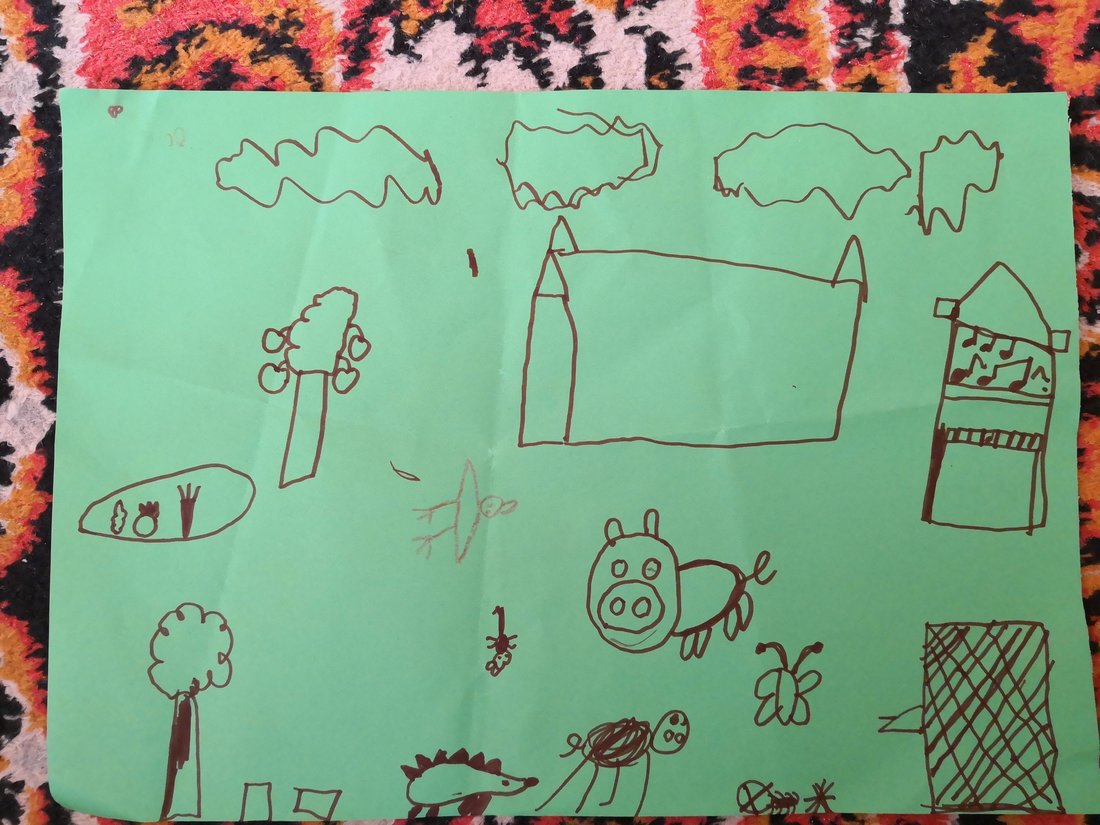
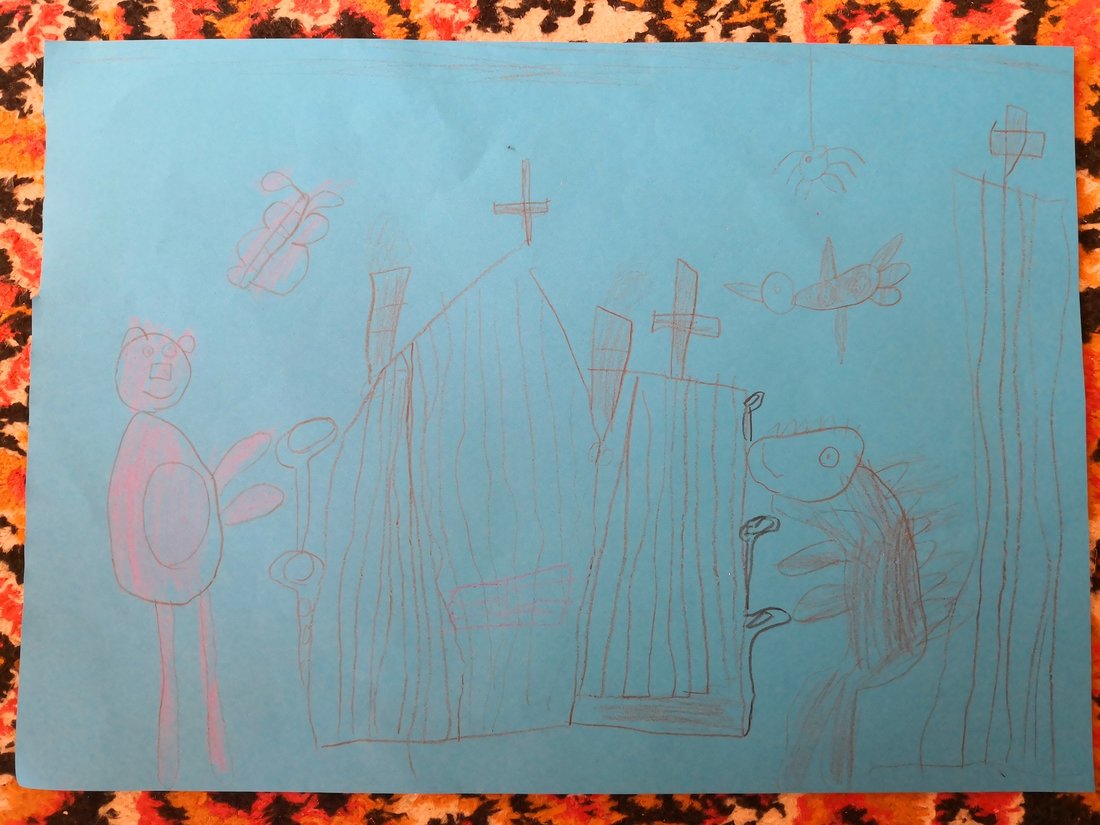
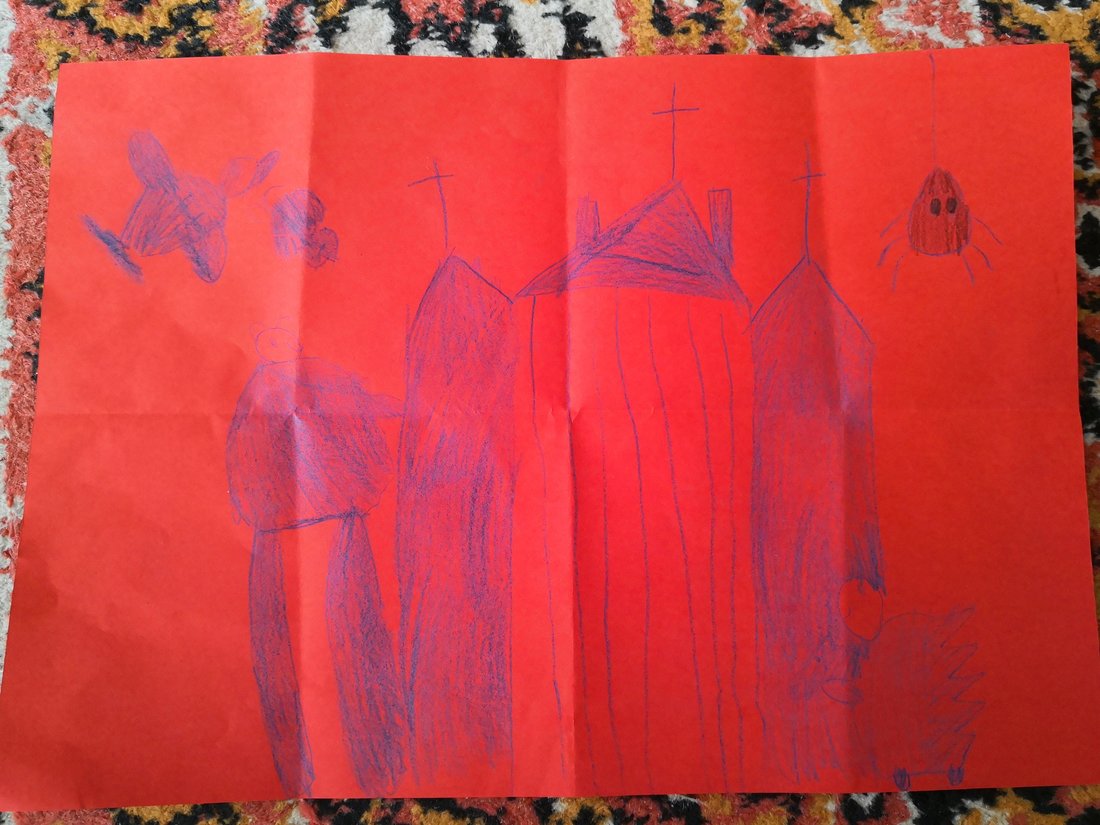
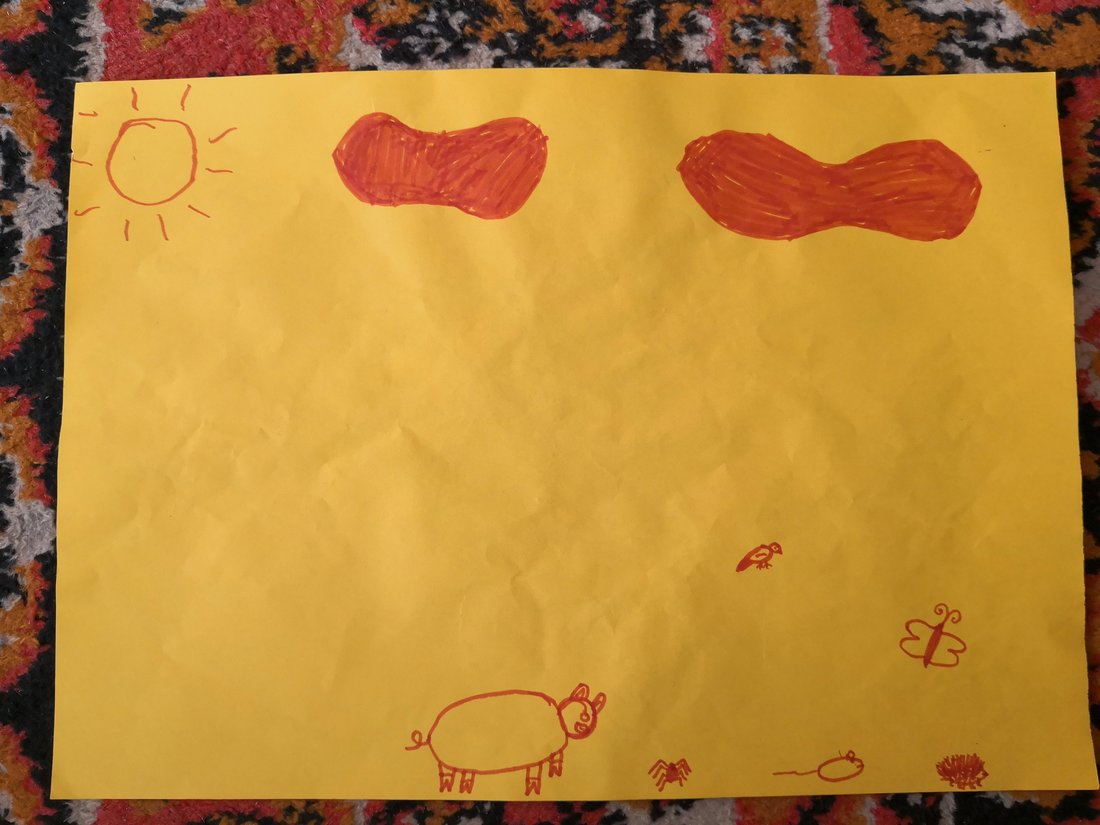
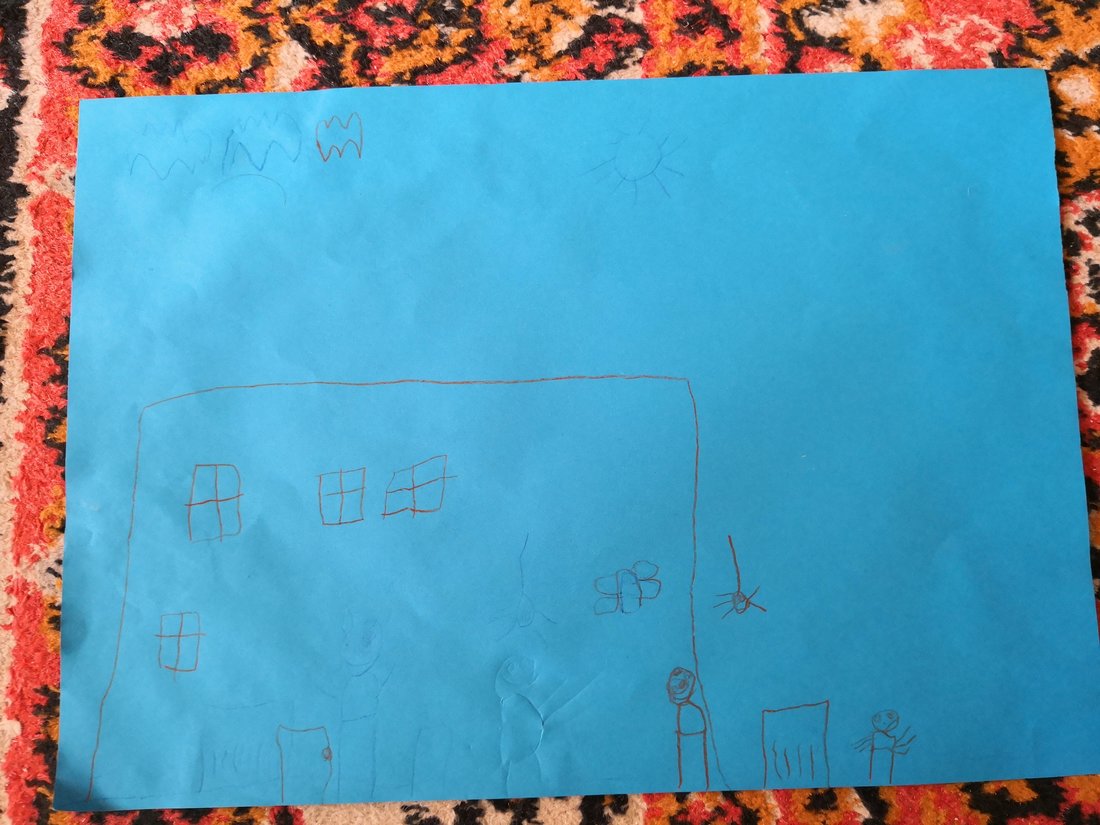
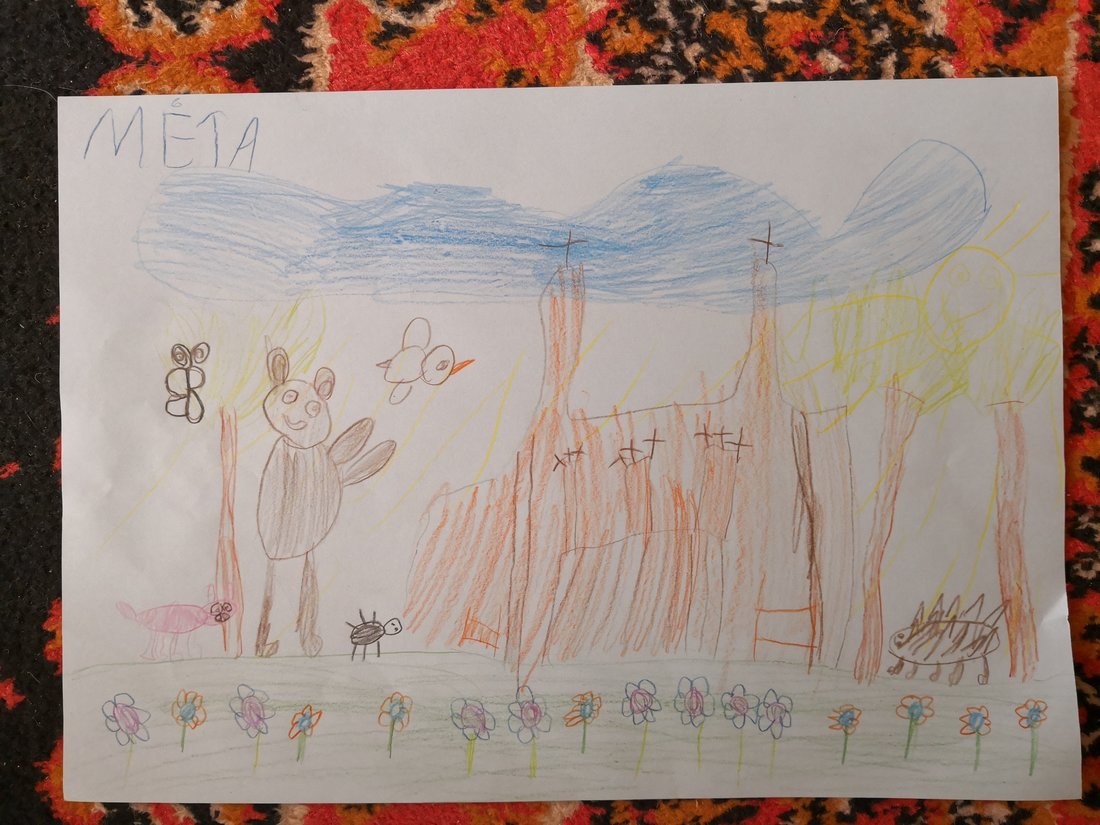
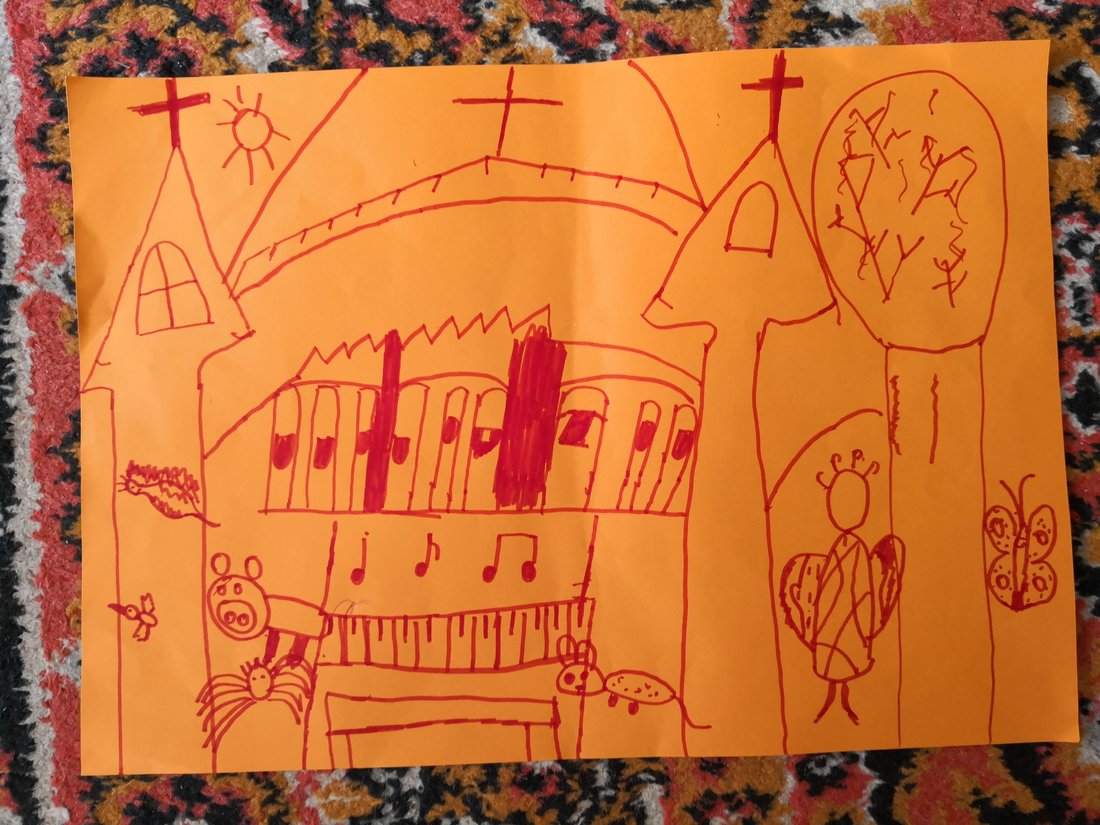
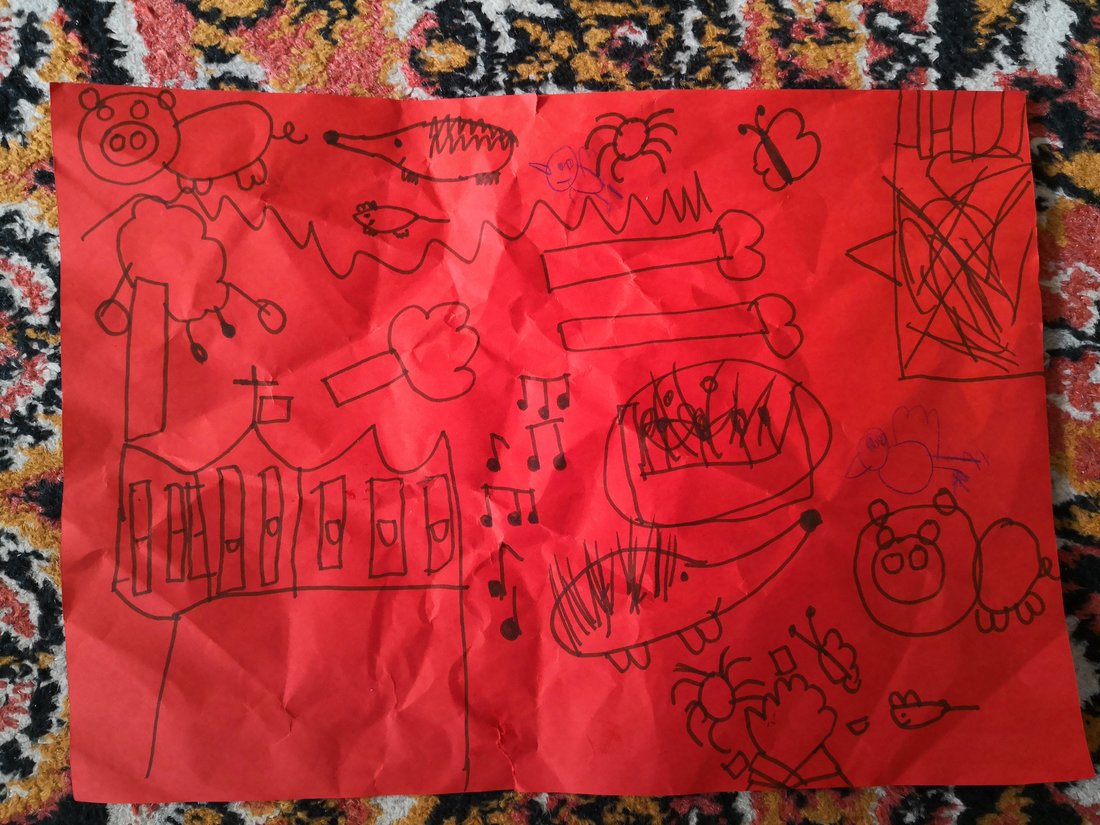
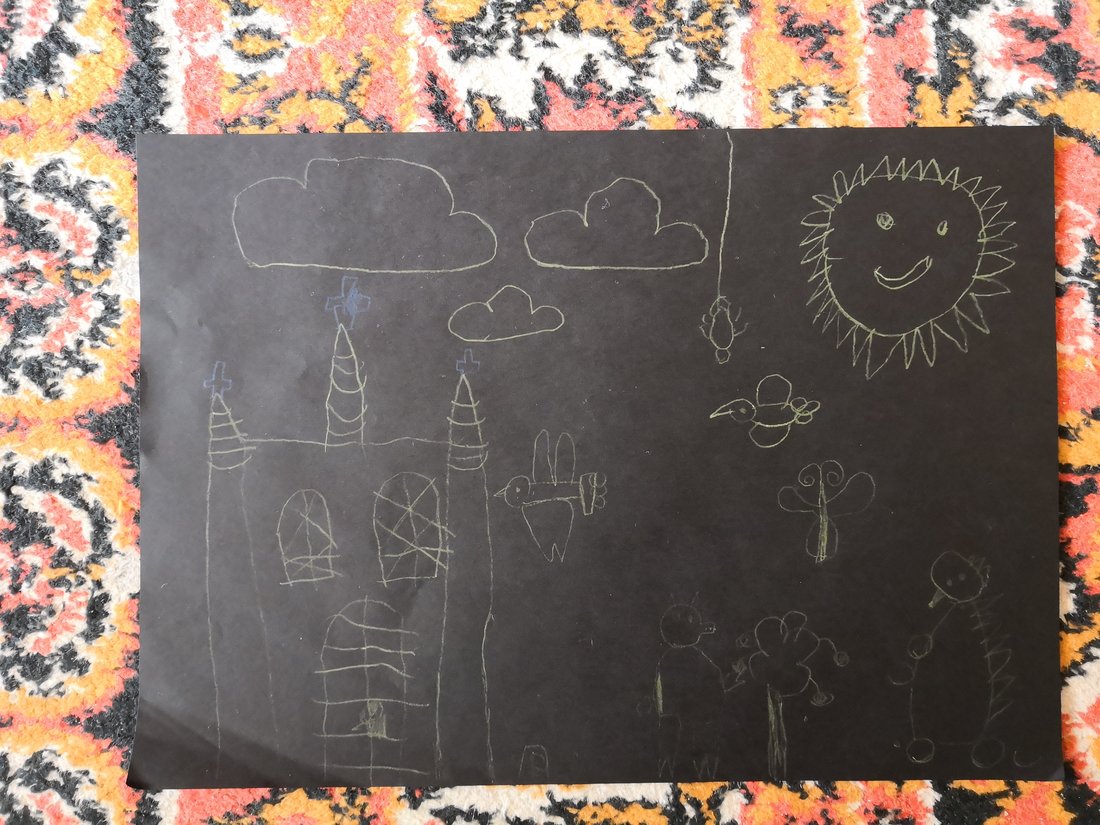
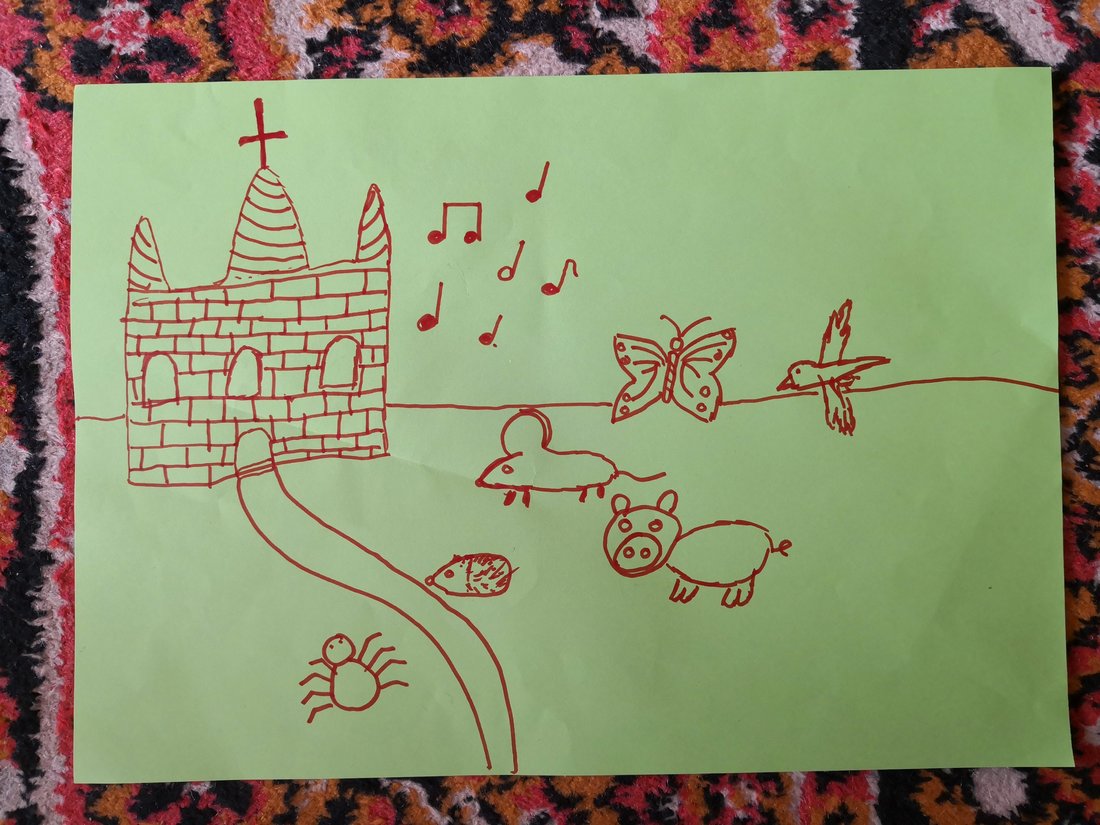
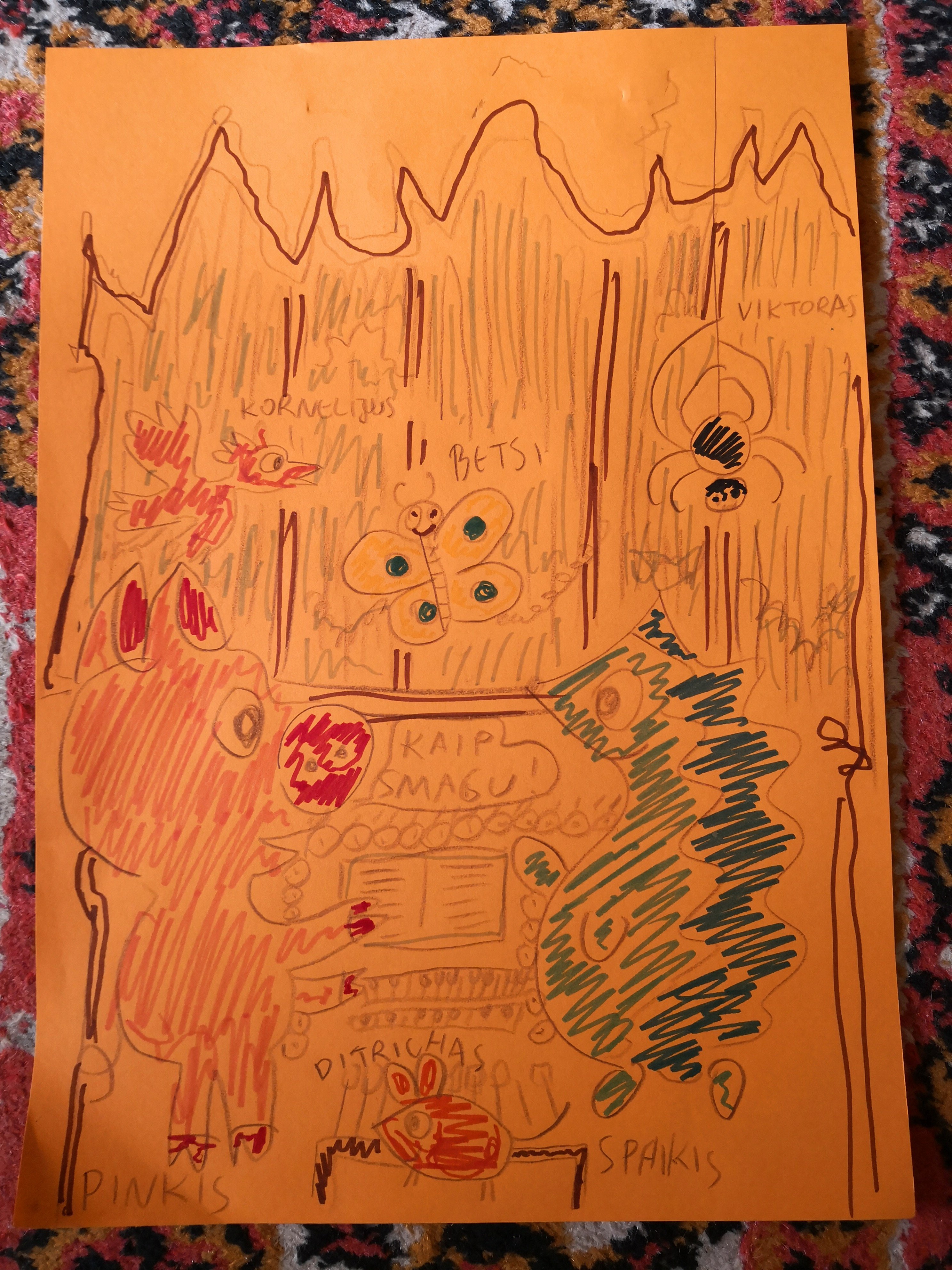
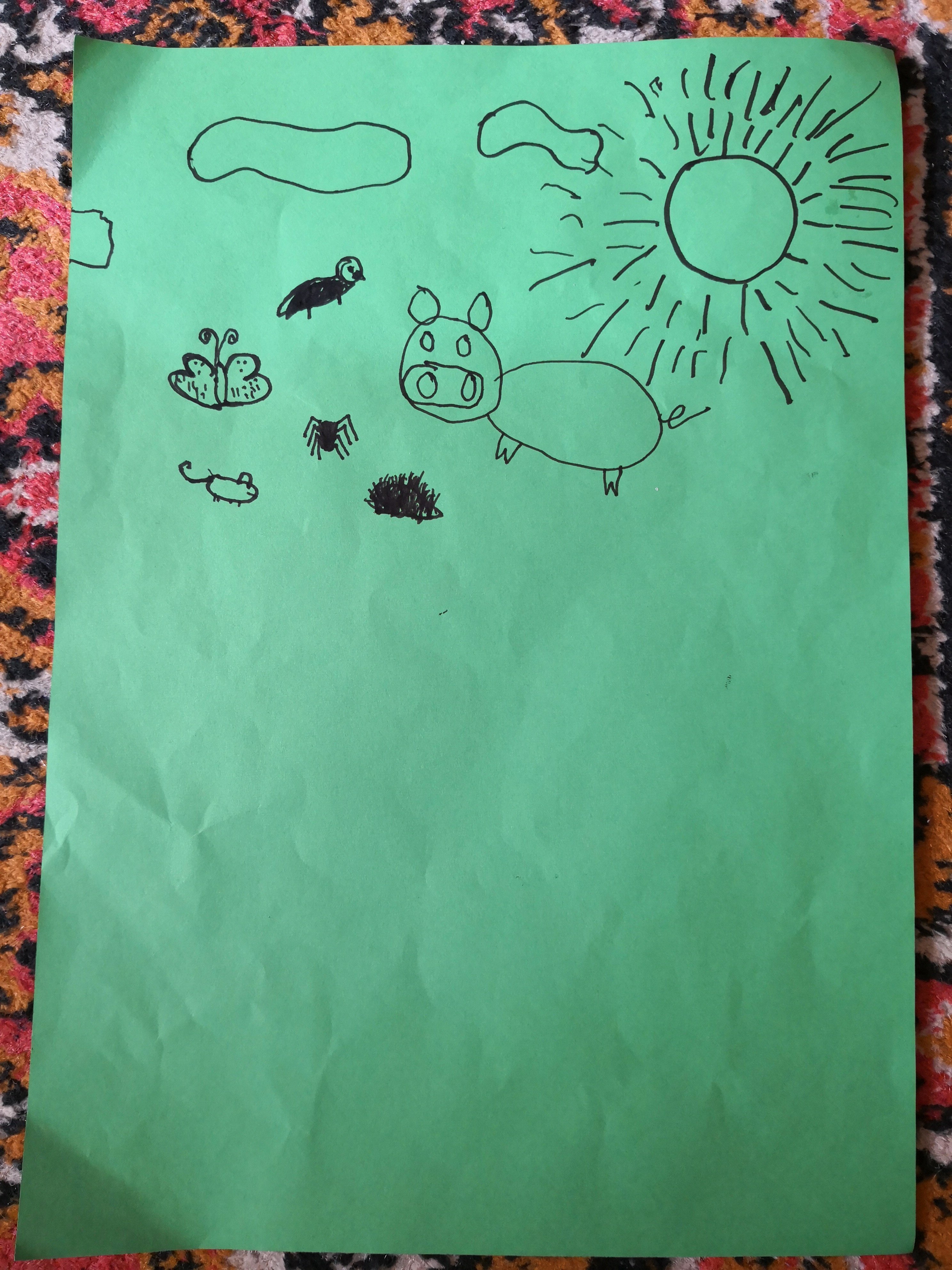
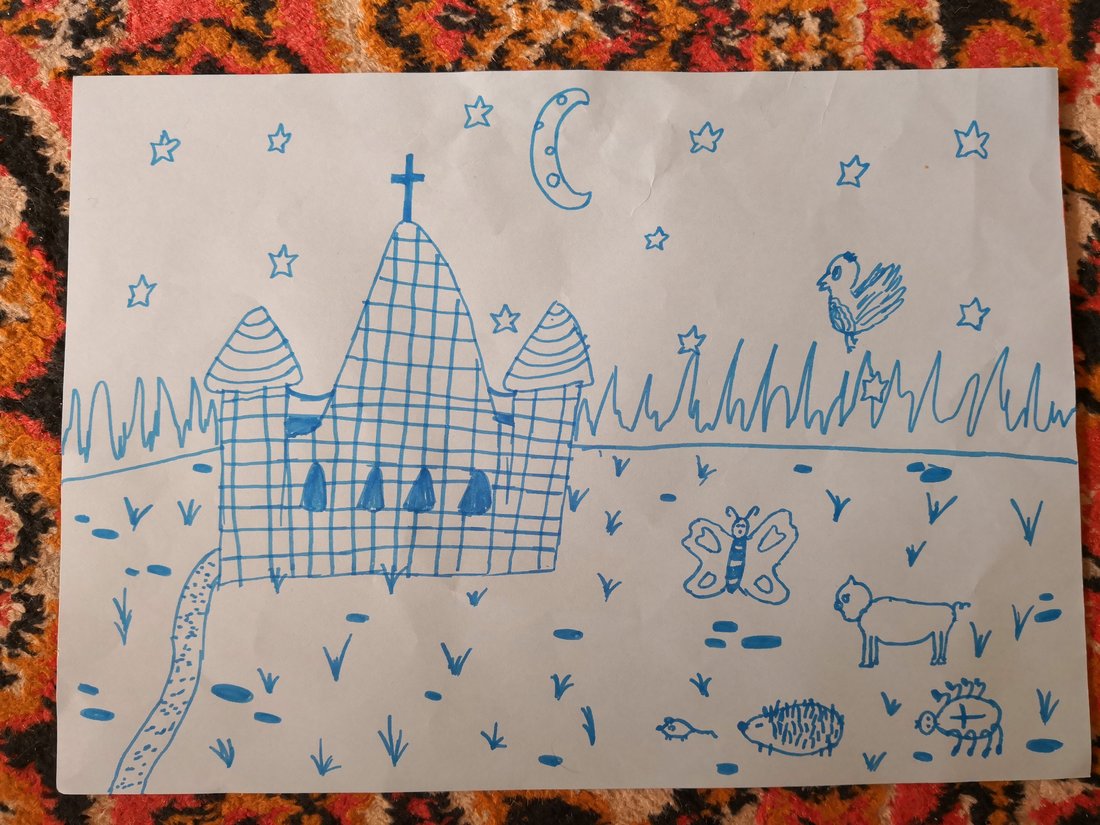
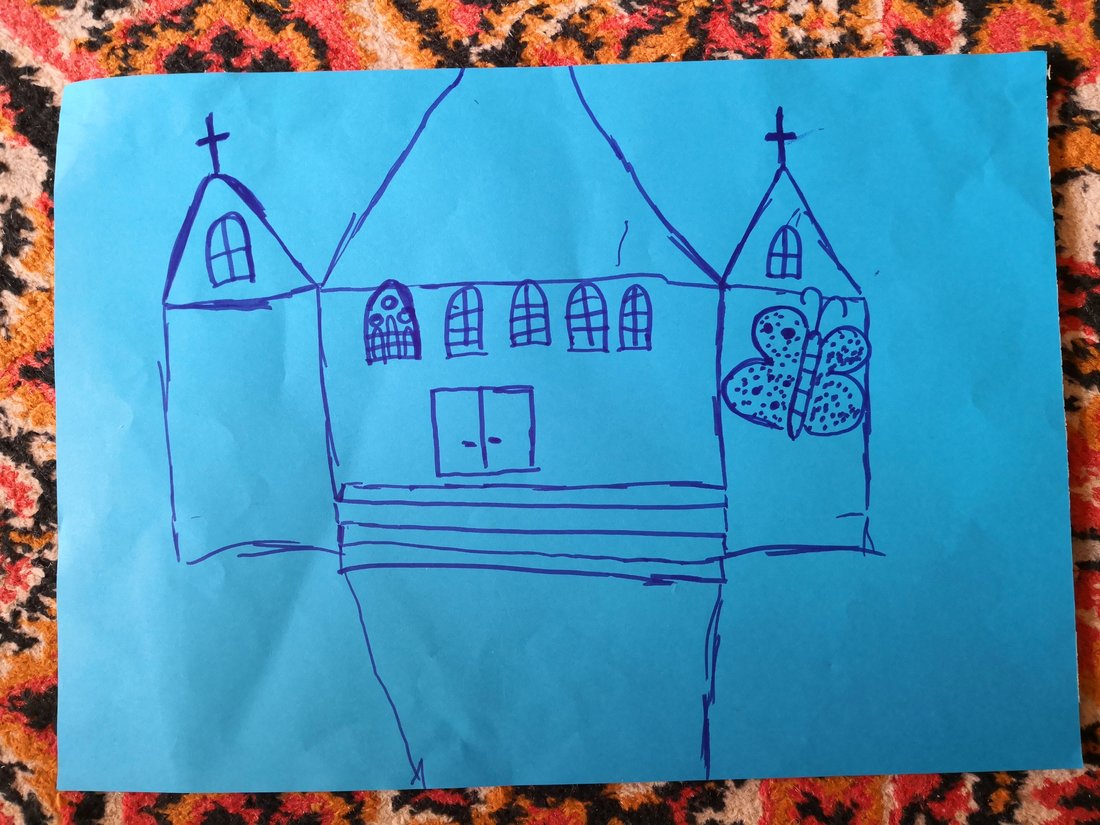
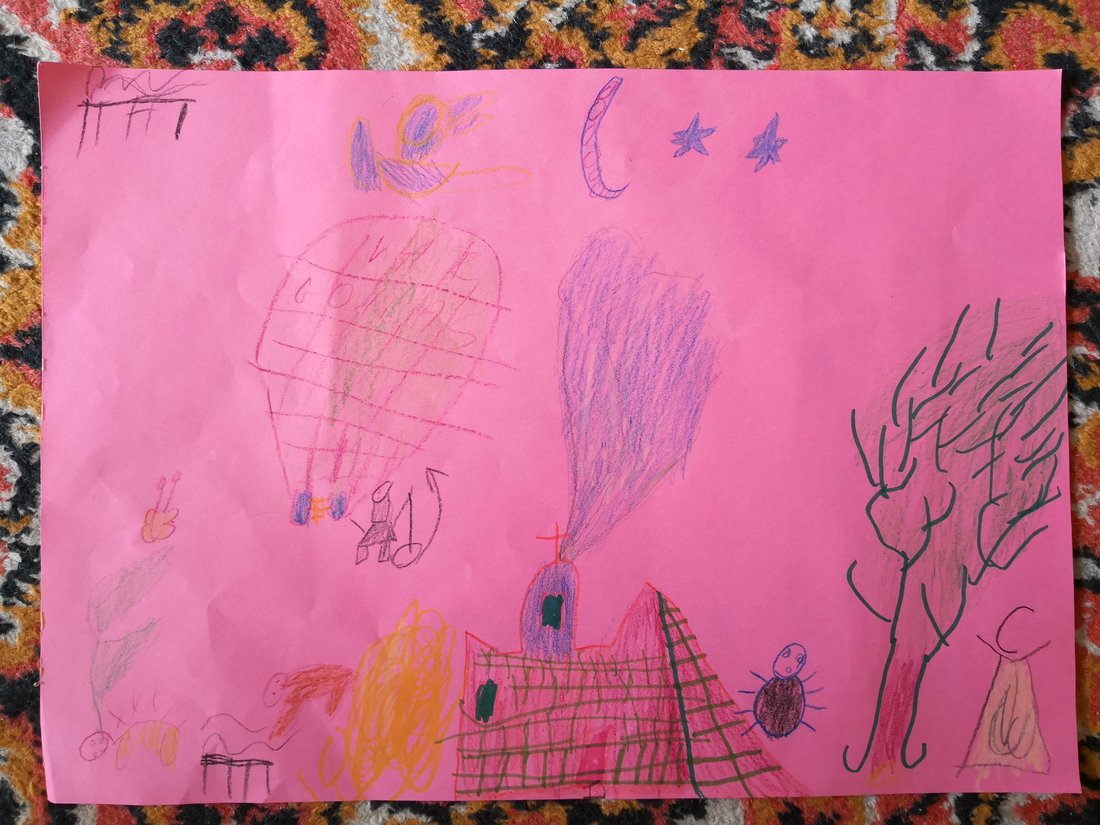
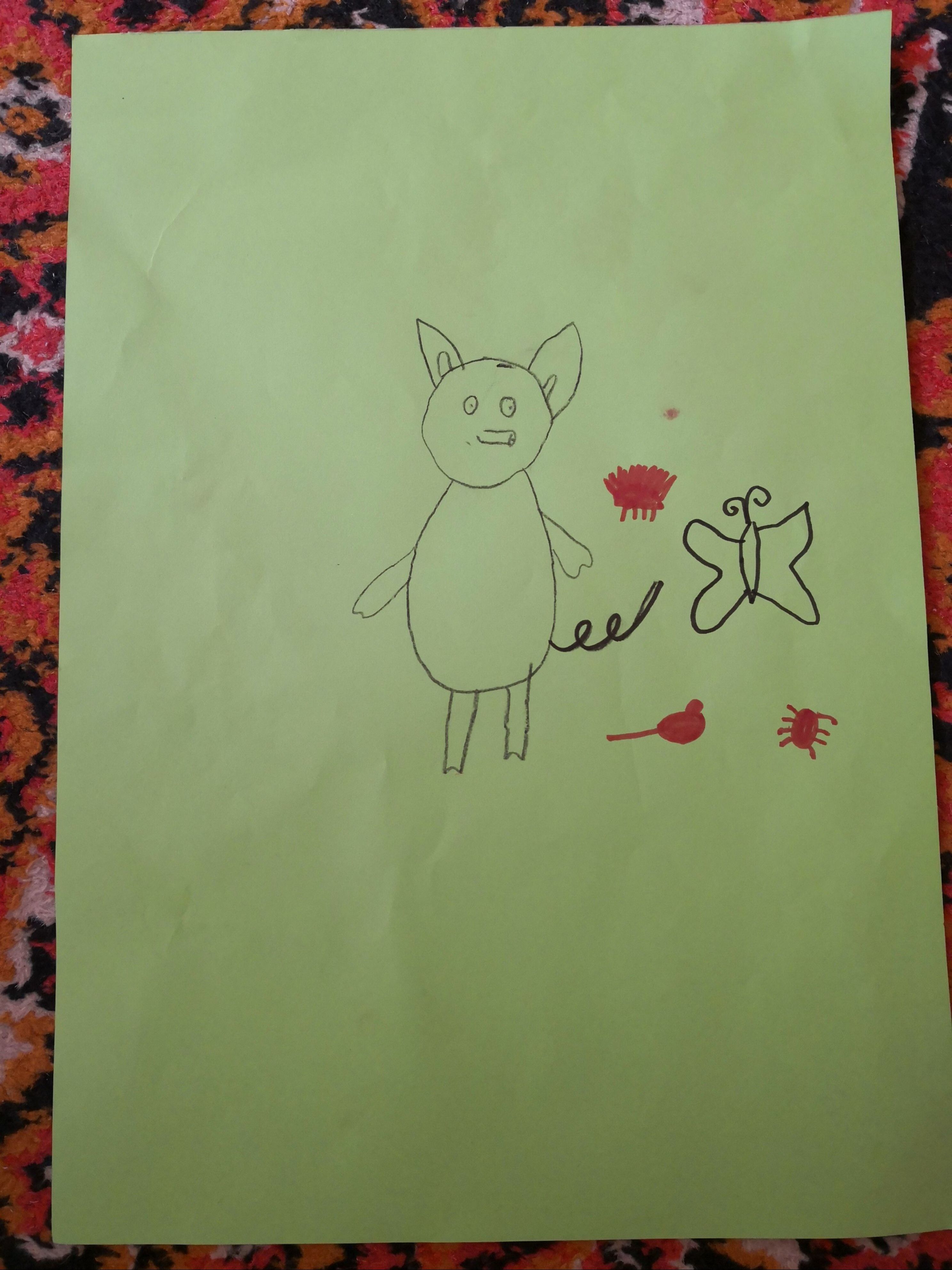
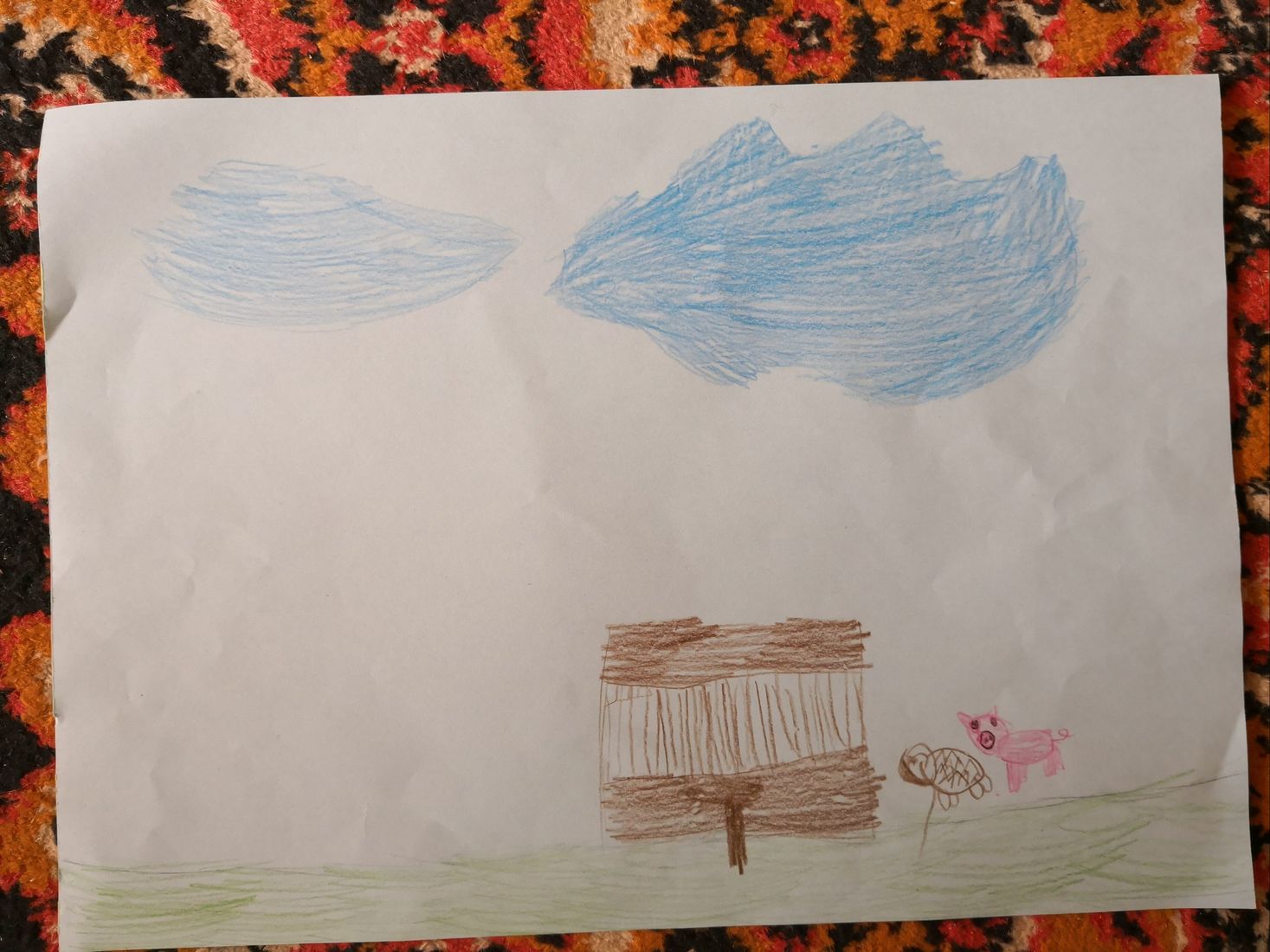
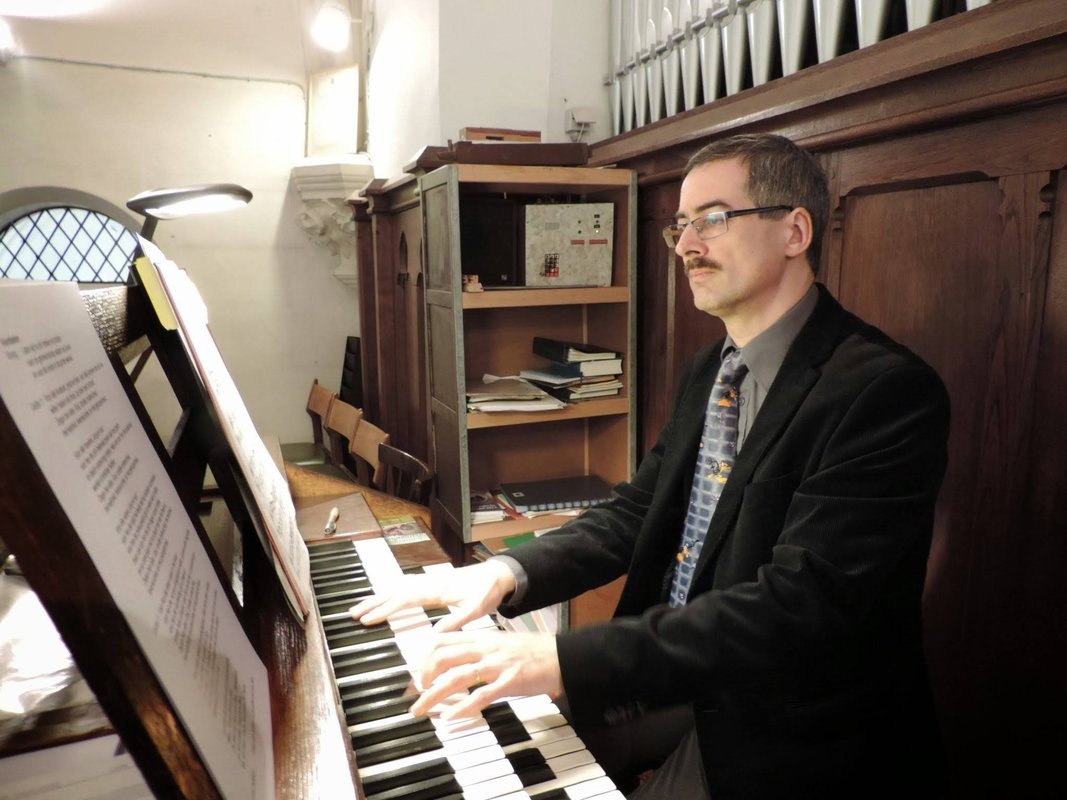
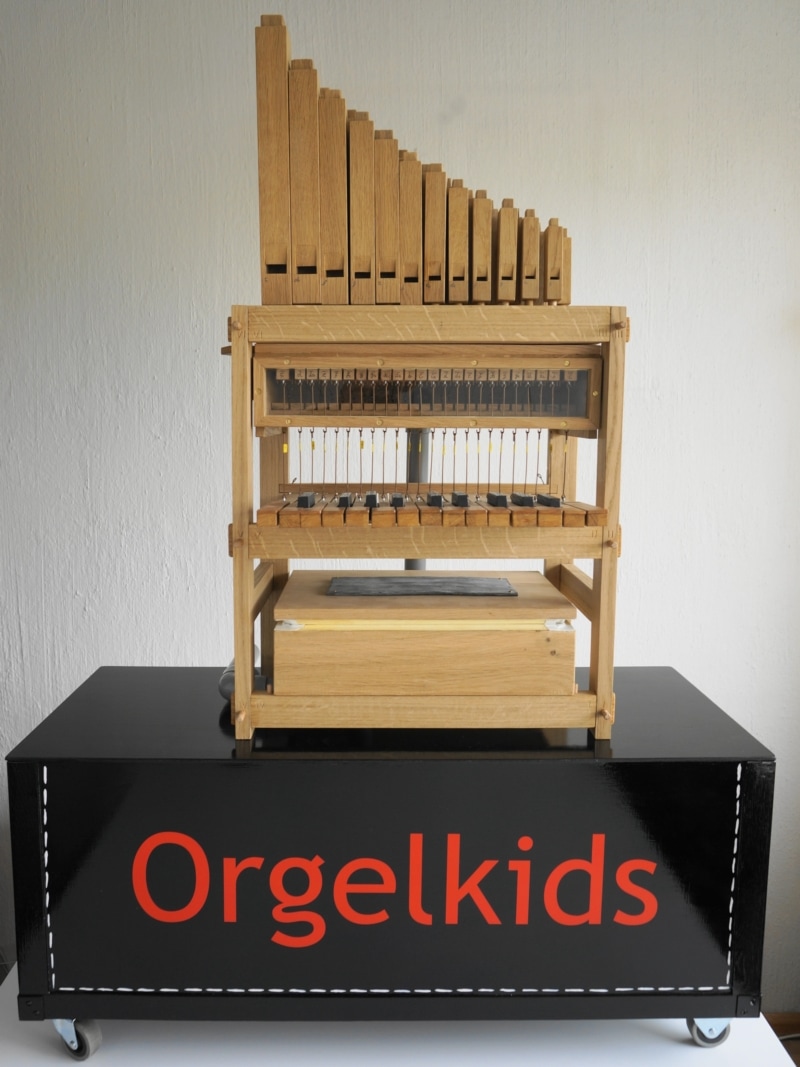
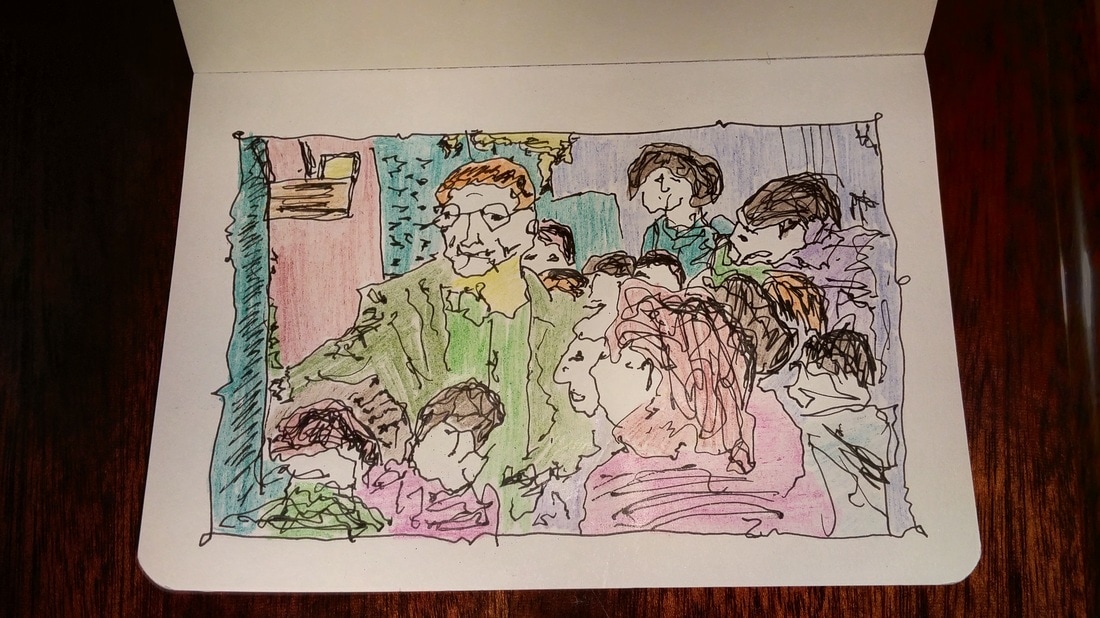
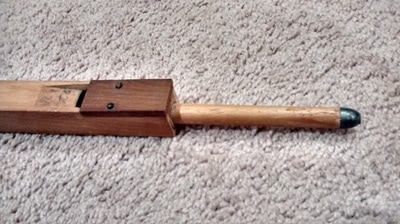
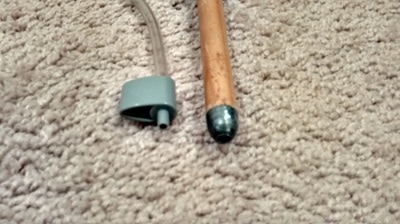
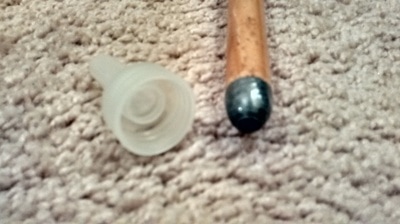
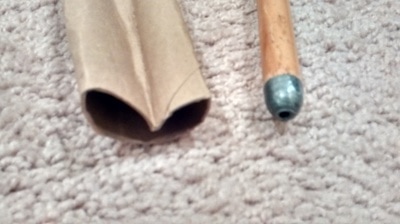
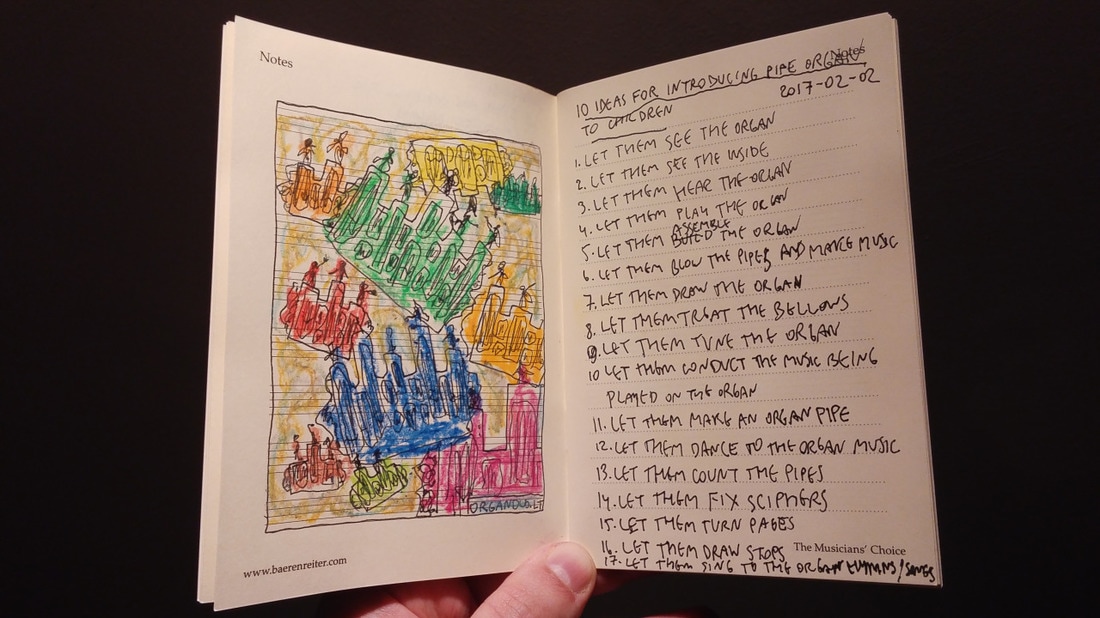
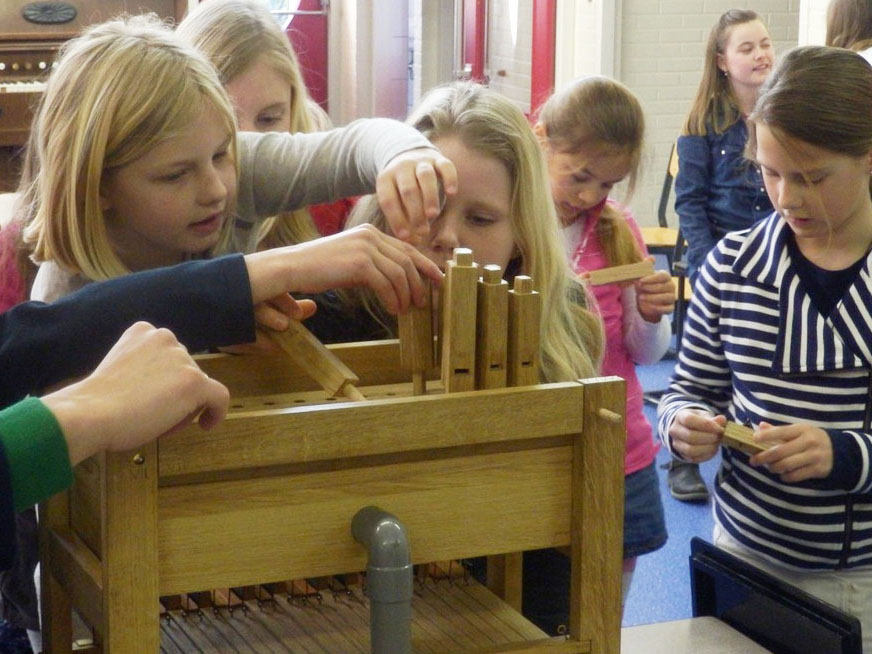
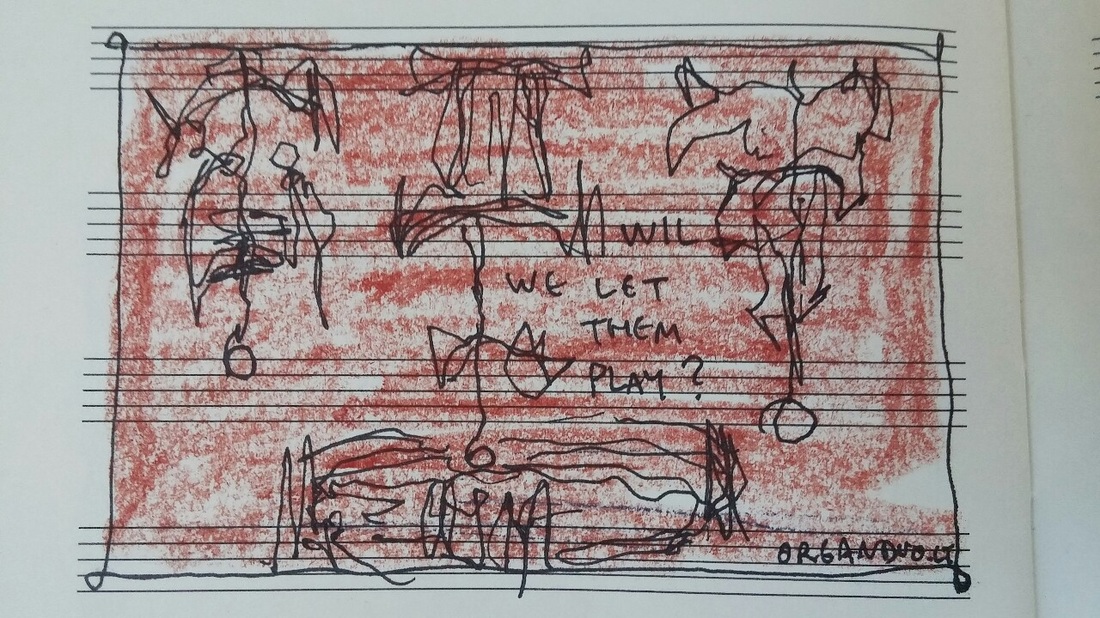
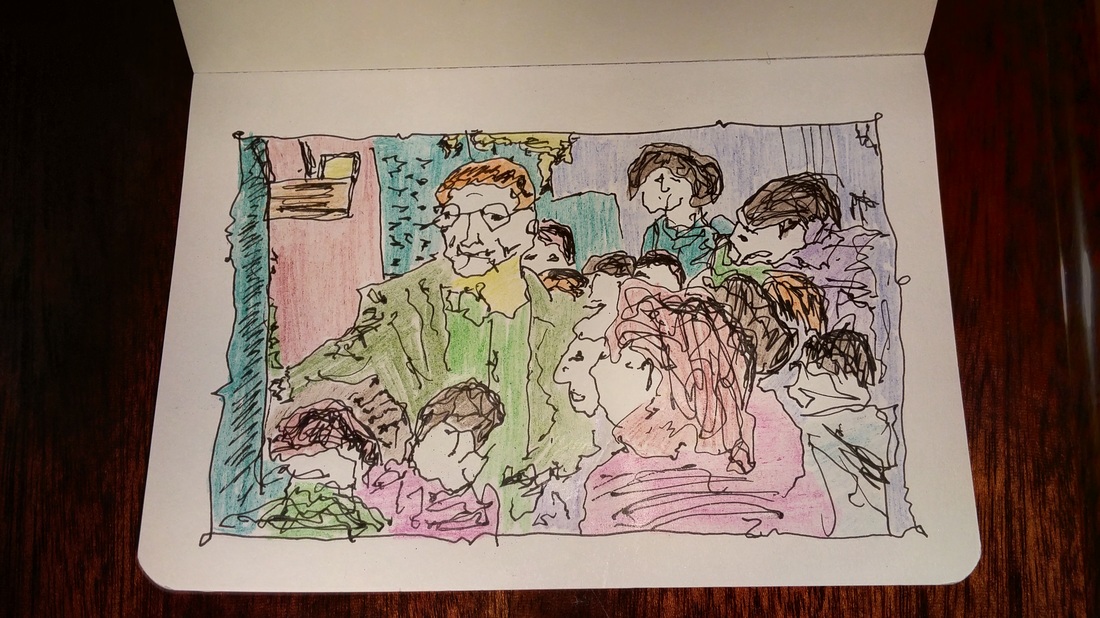



 RSS Feed
RSS Feed